Celebrating Two Years of Public Engagement at Mawazo
The audience at Nairobi Ideas Night: Working on It, an event Mawazo held during Africa Science Week-Kenya 2019 to celebrate voices re-shaping Kenyan society and culture.
Authors: Dr. Rose M. Mutiso & Naliaka Odera
In January 2018, when the Mawazo Institute launched its Public Engagement Programme, our intentions were clear: to connect Mawazo Scholars and other African experts to the general public using varied and engaging mediums. As Africa’s knowledge systems grow, vital and potentially life-saving work is being developed in institutions of learning across the continent, and yet largely remains separate from public conversations. For us, research that does not make its way out of the shelves of a university library, or the rooms of a lecture hall remains one of the most underutilized resources in developing countries such as ours. All too often, the failure of this research to permeate outside of the ivory tower also results in low understanding of developmental challenges, hindering our progress in addressing them.
At Mawazo, we wanted to complement our core work supporting local researchers tackling development challenges with a robust science engagement programme, helping to close the loop between academic, public, and policymaking spheres. By building these linkages between science and society, we wanted to promote evidence-based policymaking and encourage public participation in informed, solutions-focused, conversations. However, while the importance of experts in engaging policymakers is well-recognized, we found that there is limited appreciation for public-facing engagement, that is, targeting everyday people from all walks of life. Indeed, an informed public is a critical yet overlooked pillar of evidence-informed policymaking – informed citizens are better able to hold governments accountable. In addition, making science relevant to everyday people can spark curiosity, inspire new generations of problem solvers, build public support for investment in research, and help them make better decisions in their daily lives. This why, from the very beginning, Mawazo chose to place a deliberate focus on public engagement as a co-equal programme alongside our other work targeting stakeholders in academia and policy.
Two years on, our Public Engagement Programme has achieved recognition for its ability to connect science with the public in creative, diverse ways. This has included podcasting, blogging, video content, social media, accessible and informative publications, a variety of live events, and media interviews and features by our Scholars and staff, including a talk from the TED stage. Public engagement has since become a cornerstone of our work, making us one of a few research institutions focused on promoting engagement with science, in Kenya and the region. Our public engagement work has also served the dual purpose of shifting perspectives on what a scientist or ‘science’ looks like by promoting early-career researchers, highlighting diverse and non-traditional scientific work, as well as ensuring the inclusion of women across our platforms – challenging stereotypes and increasing the visibility of female experts in society.
The majority of our public engagement programme in these last two years has taken place under the umbrella of the Nairobi Ideas platform; an events, dialogue, and media programme for amplifying transformative home-grown ideas. In January 2018, we launched the platform by hosting our first Nairobi ideas Night; a free, recurring and informal public event held in pub-style venues that invites local researchers, scholars, and thinkers, to present their ideas to the public. For this inaugural event, we hosted a lively variety show bringing together an ethnographer, a historian, a tech policy analyst, and a physicist who doubles as a comedian to share their work. Our willingness to push the boundaries of science engagement has seen us host three more Nairobi Ideas Nights in venues across Nairobi, each with its own unique format. From a night of storytelling with women scientists, to a lively debate on the technology sector, to lightning talks by six leading thinkers and innovators, Nairobi Ideas Night is ever-changing, but always informative.
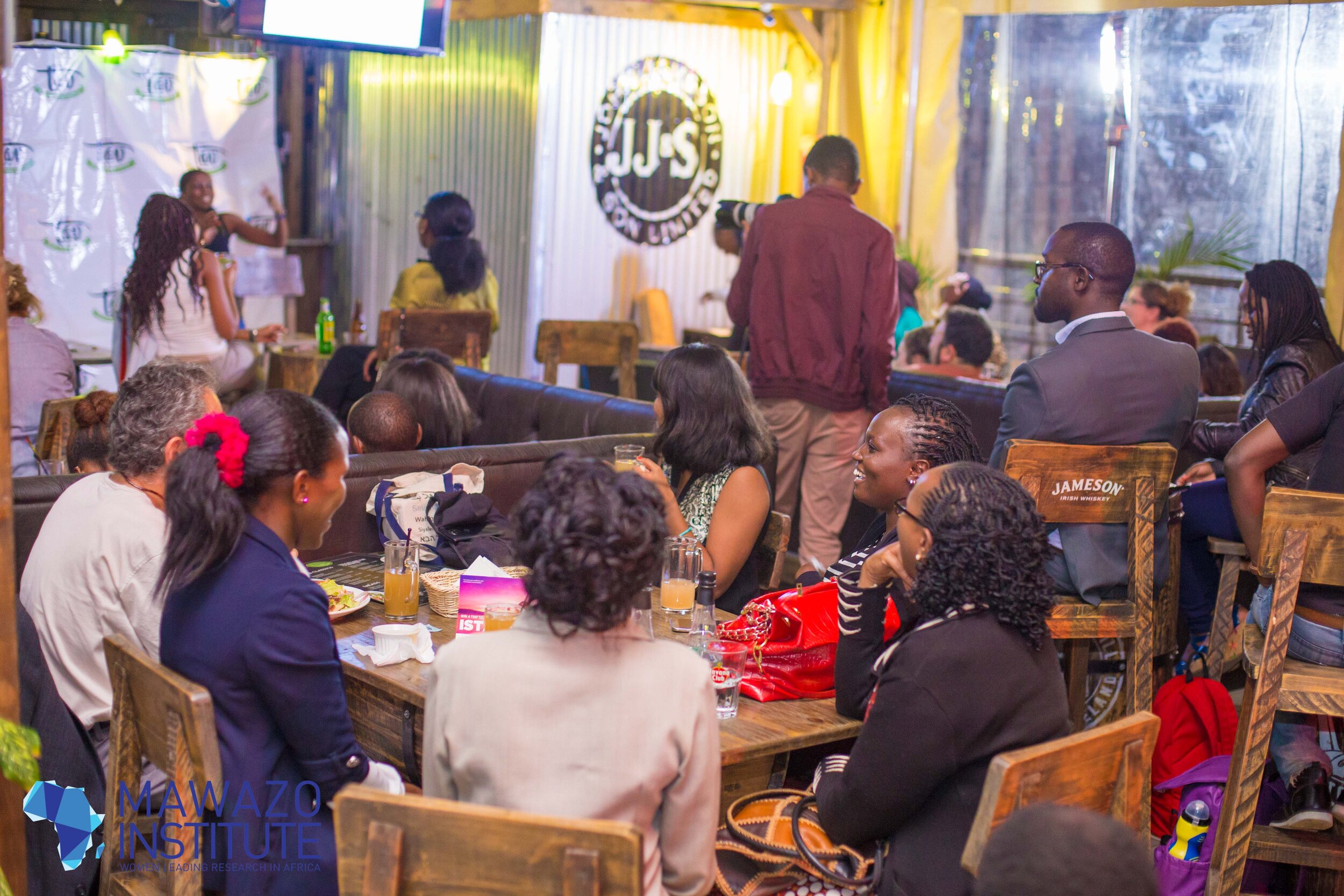
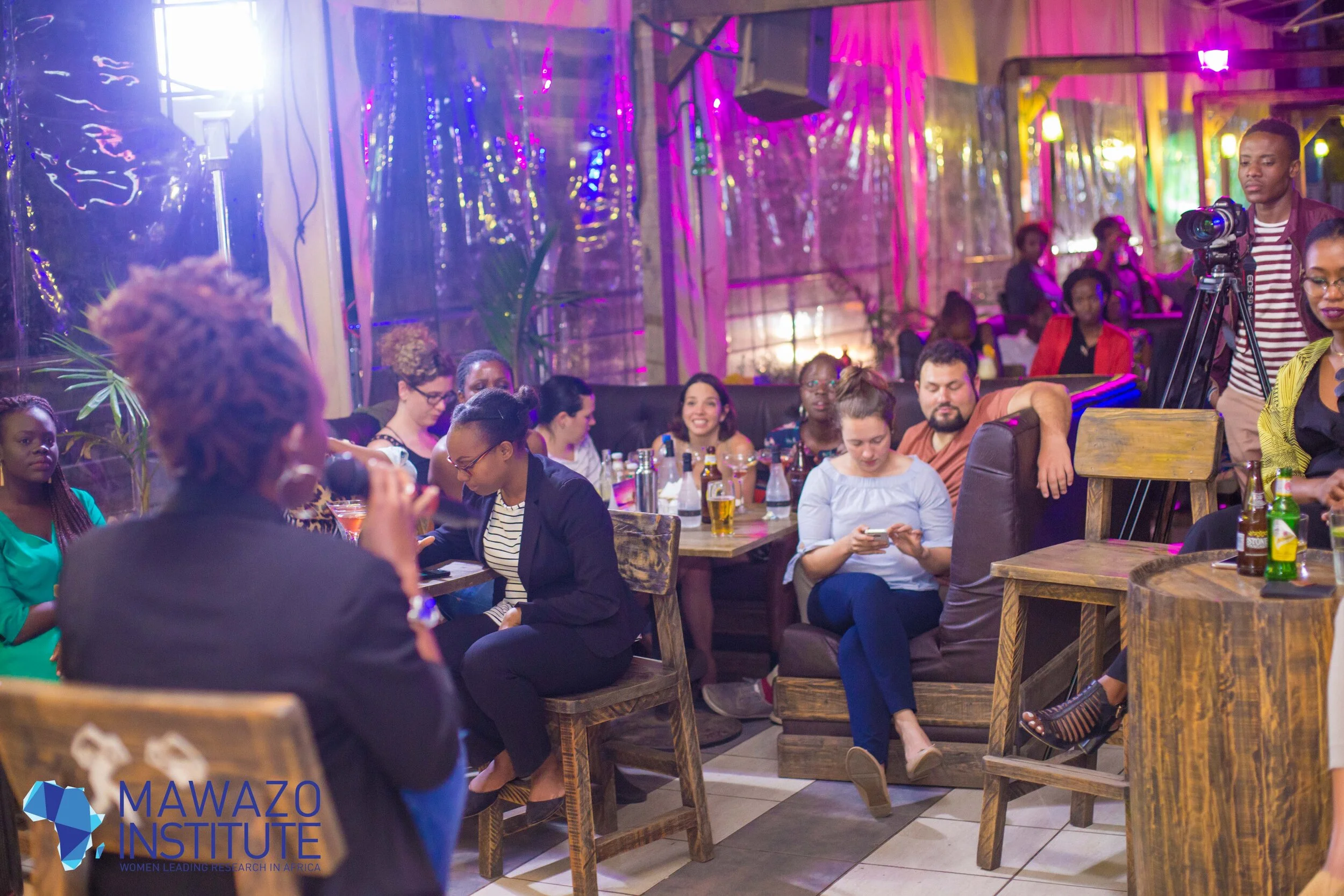
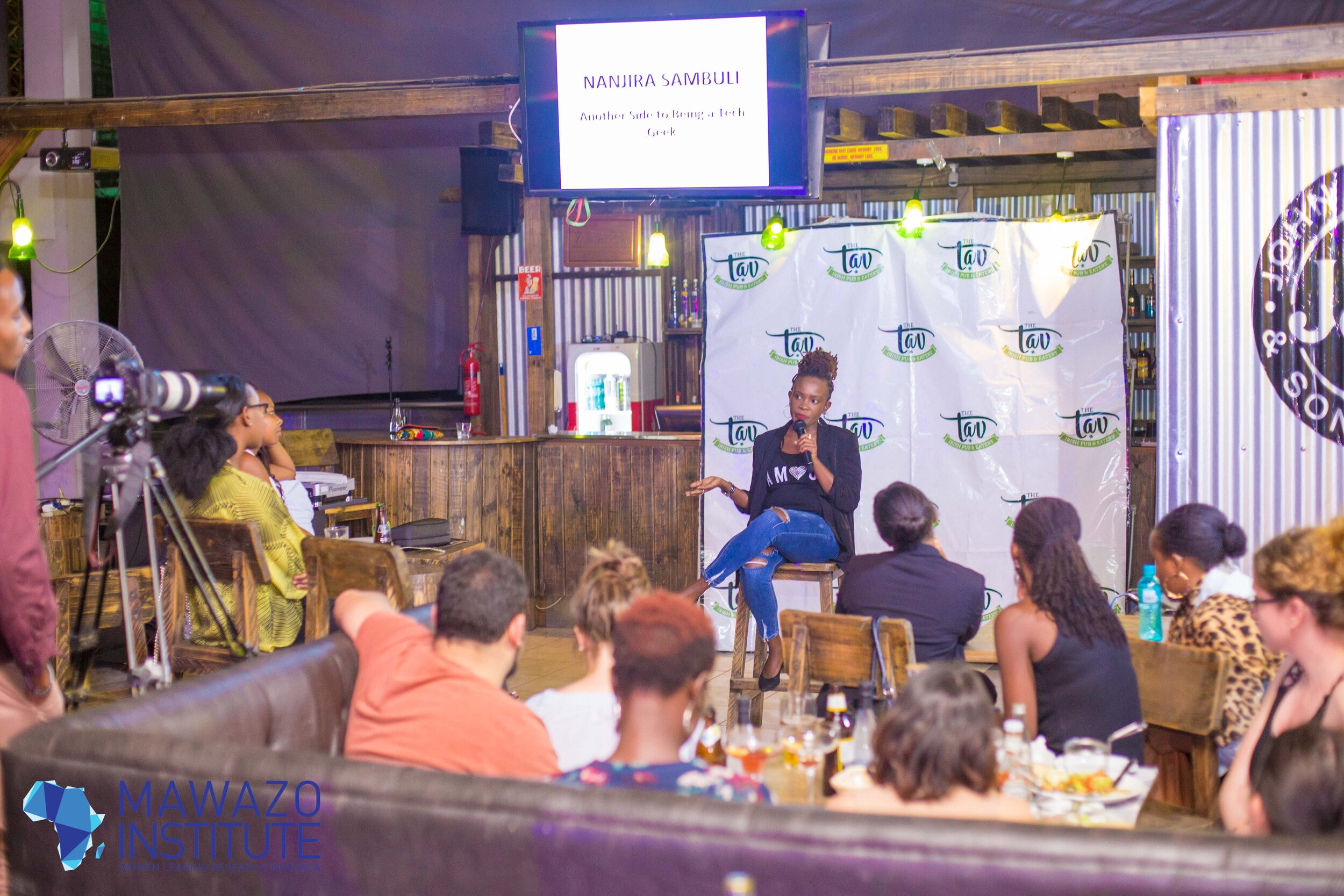
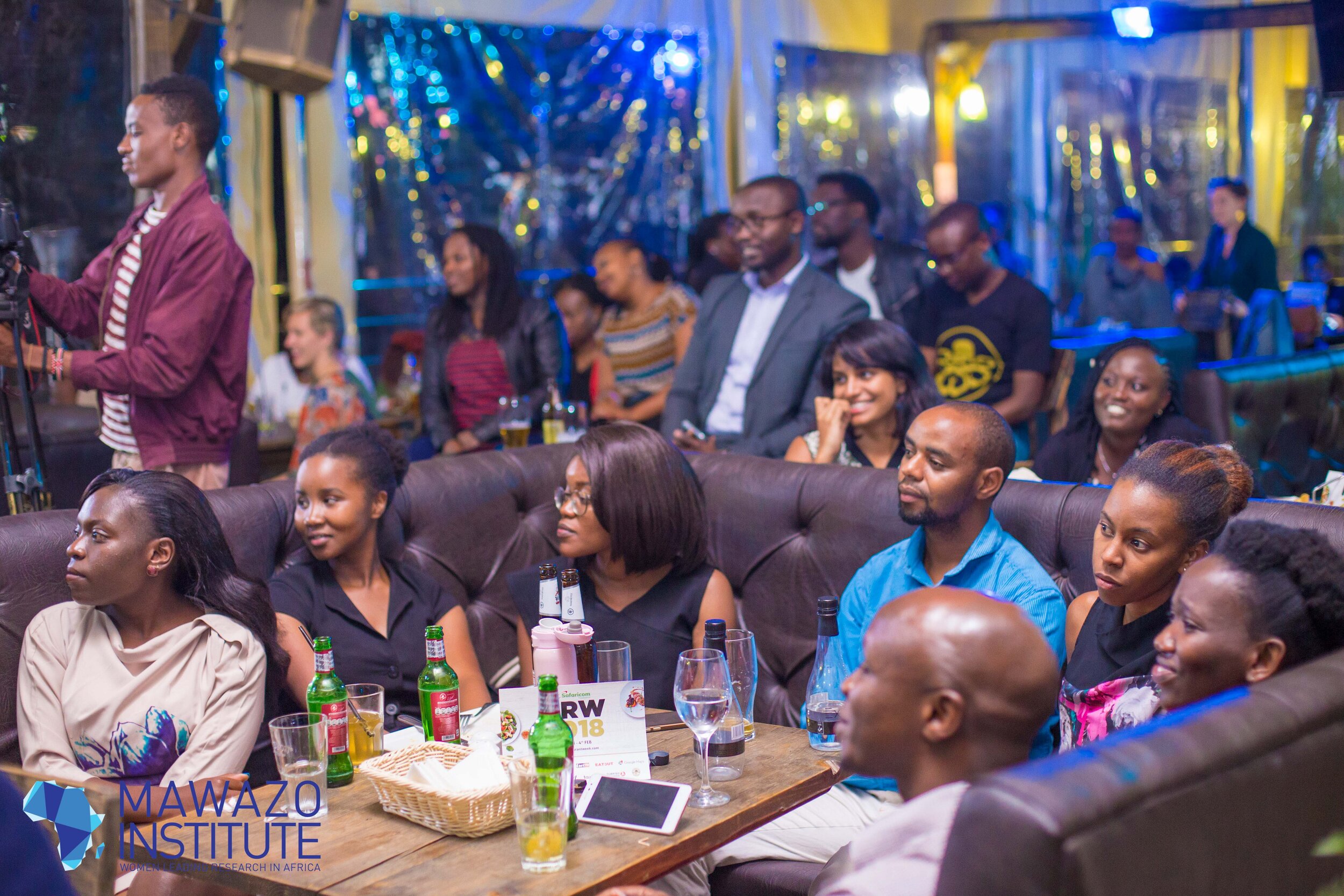
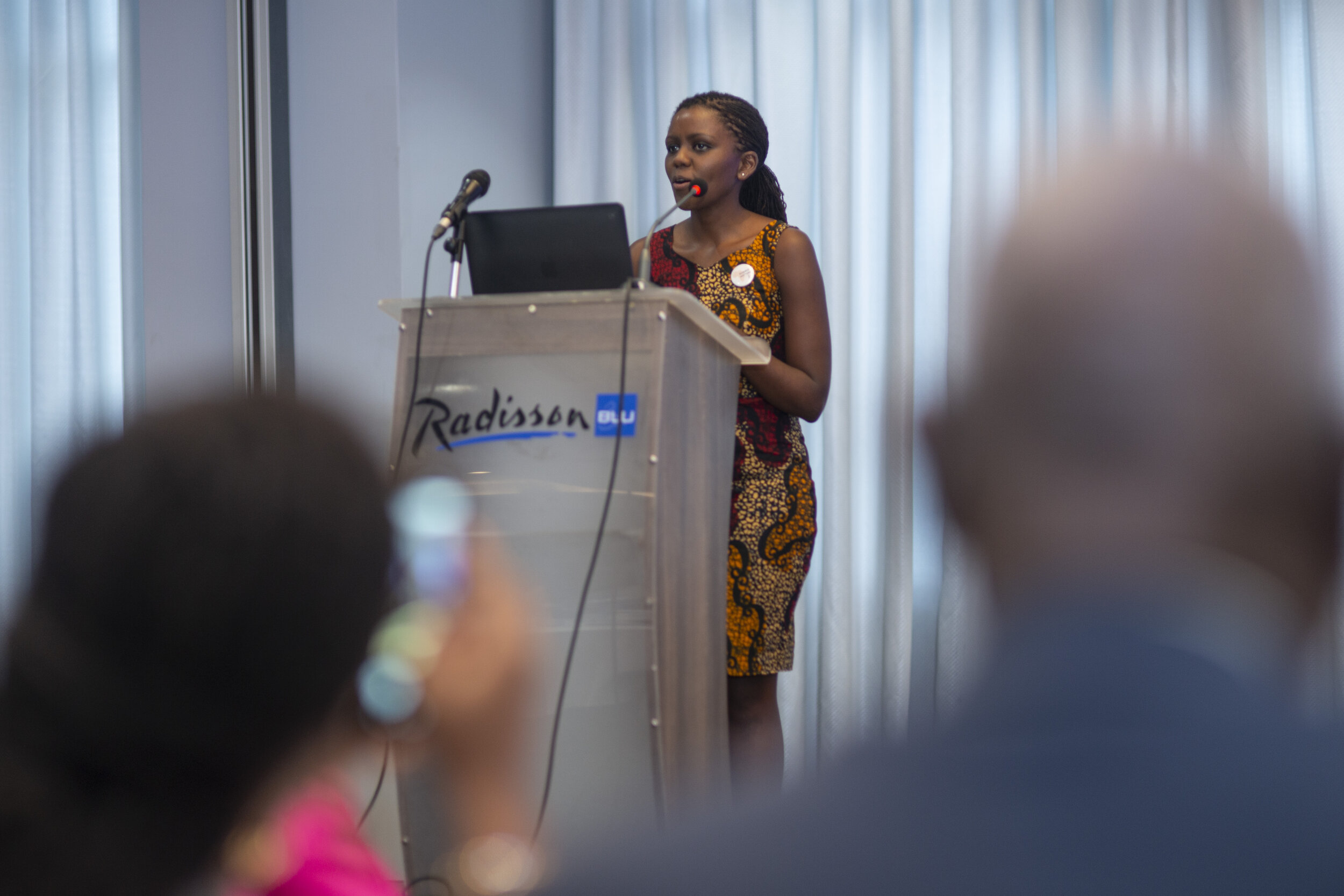
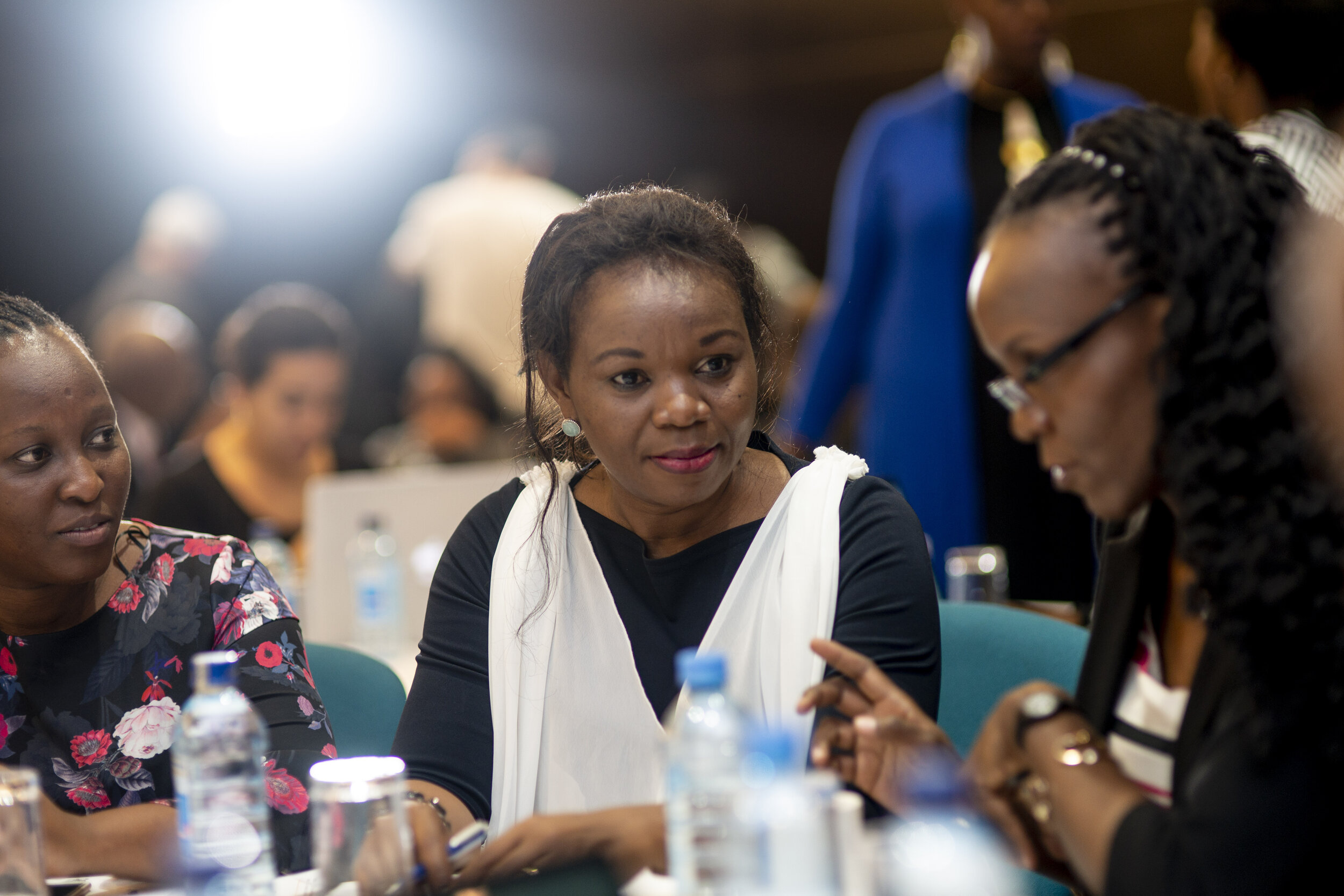
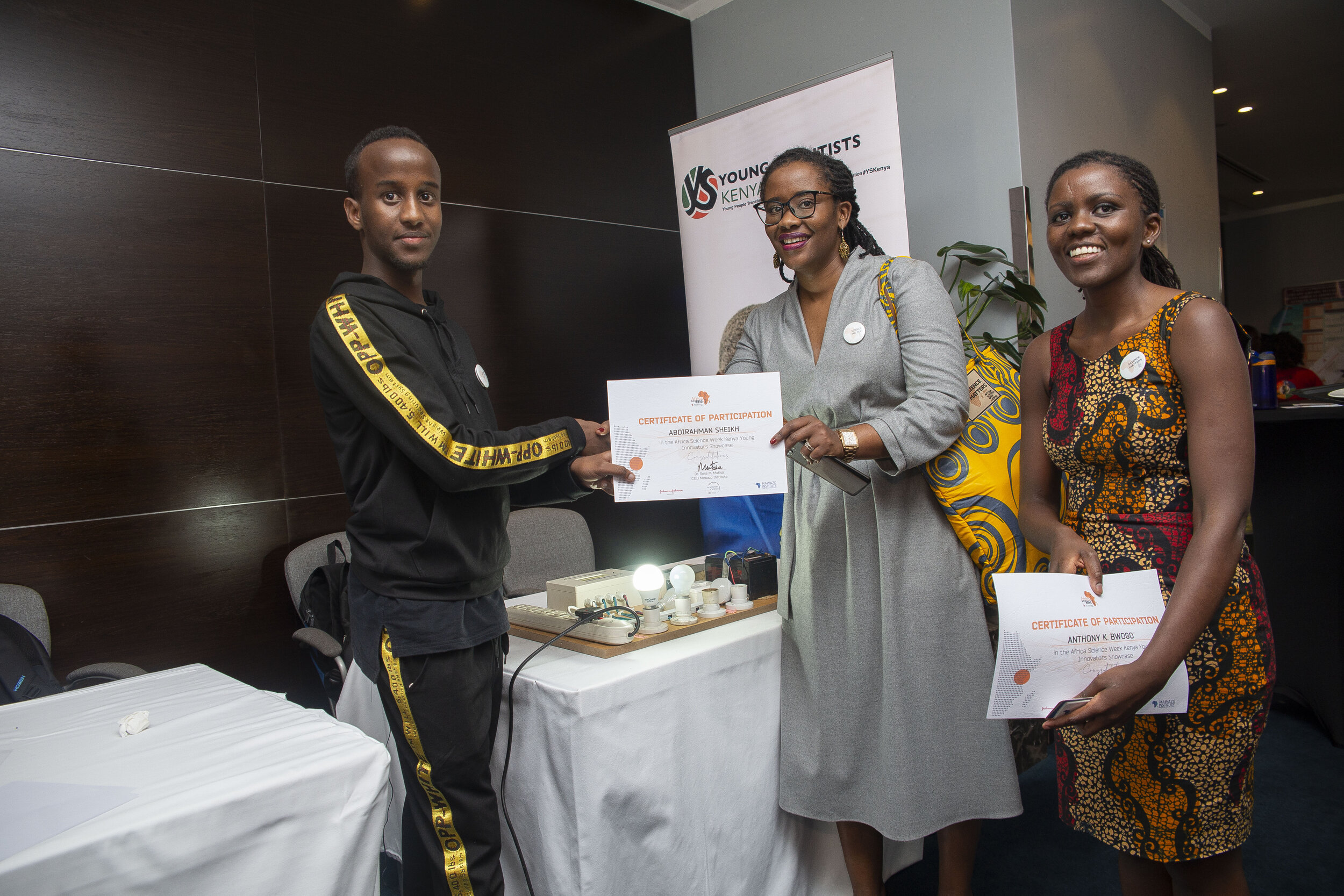
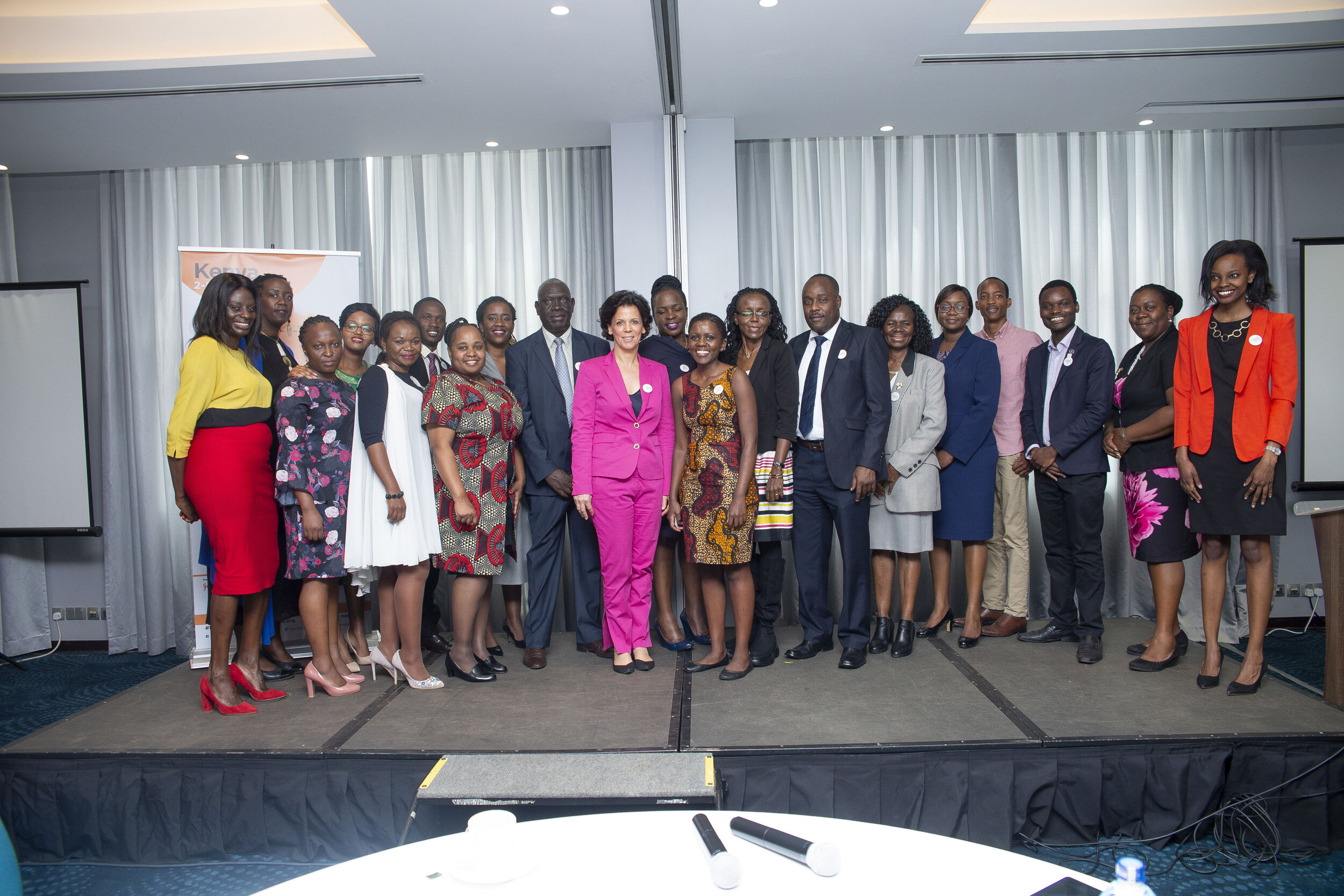
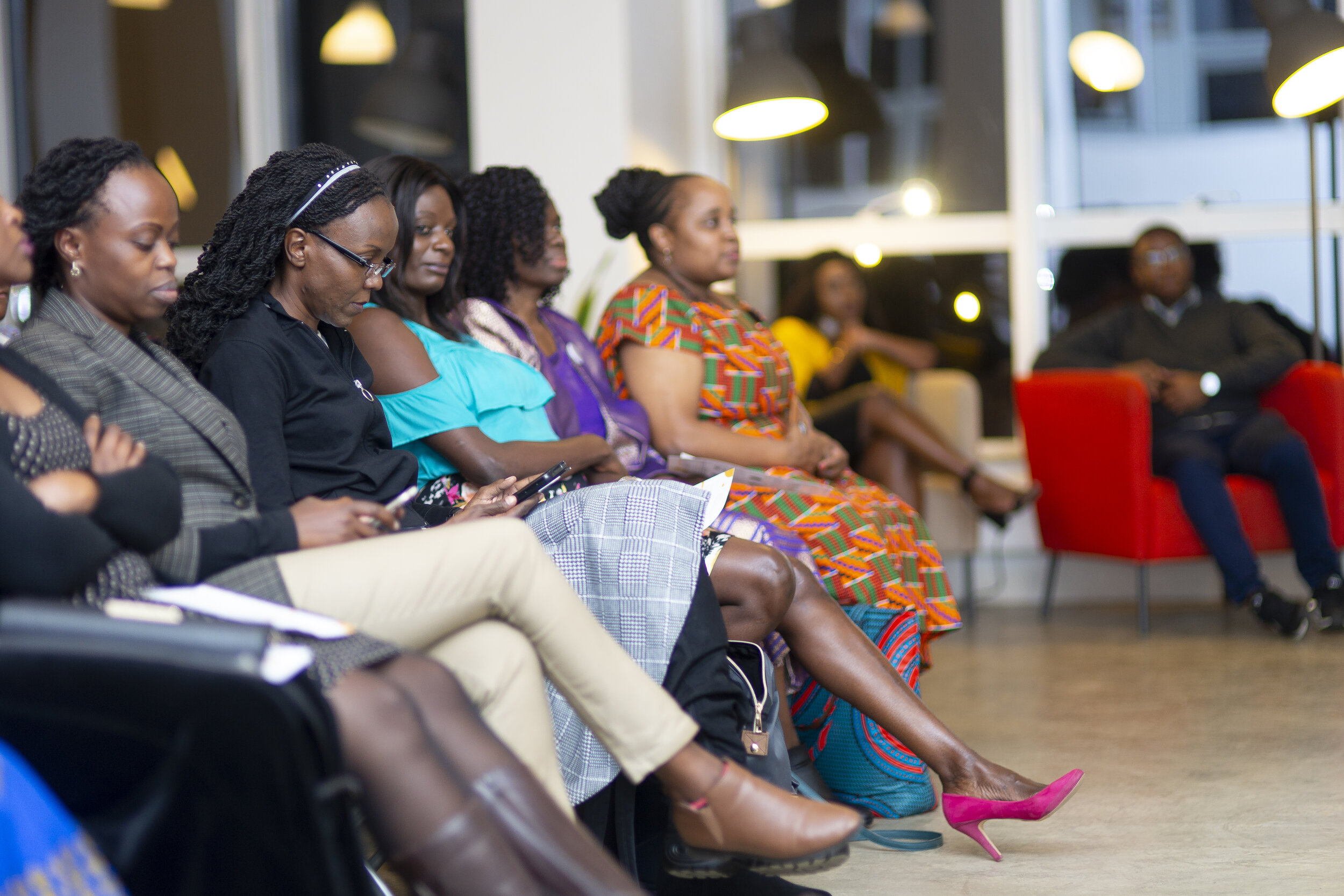
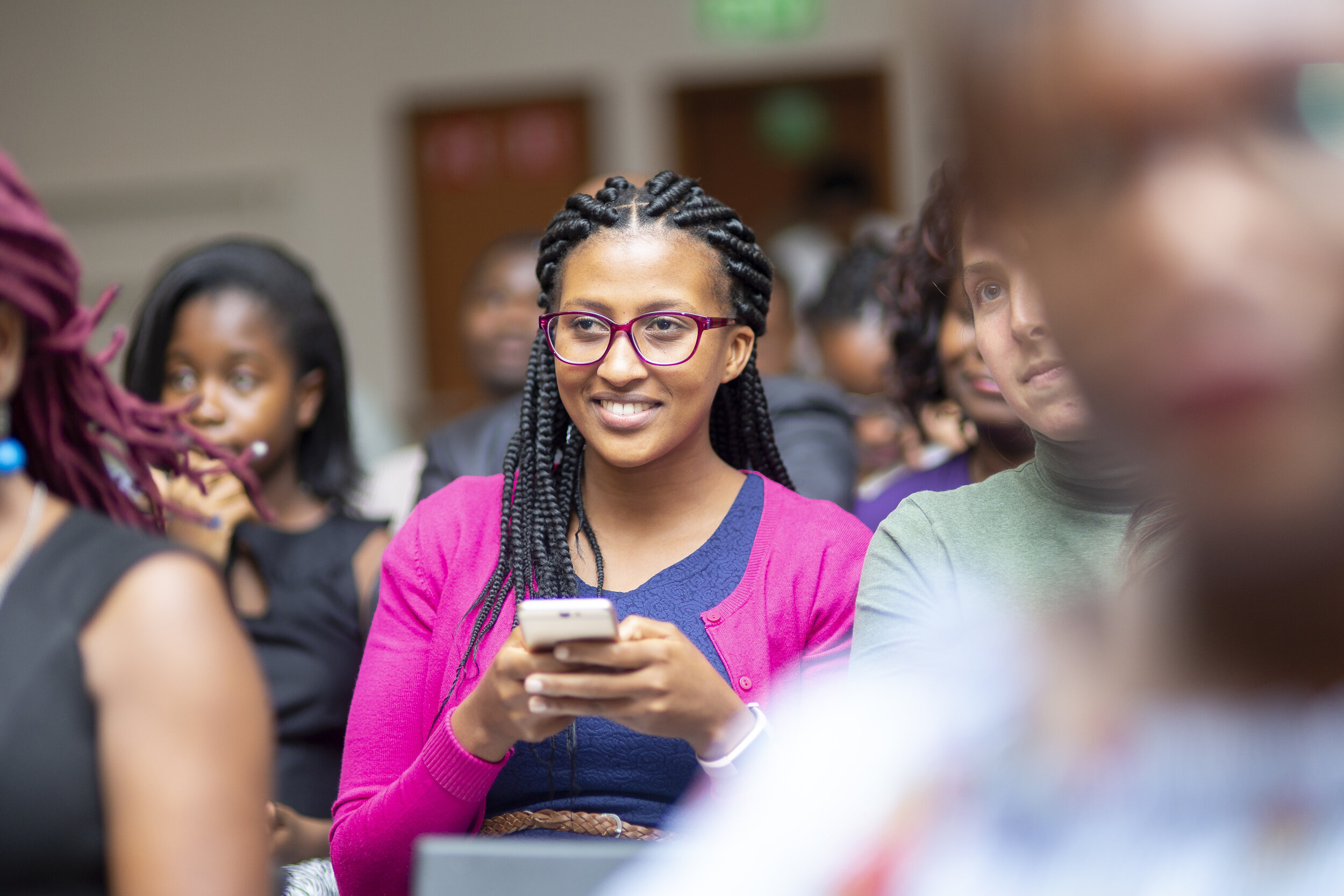
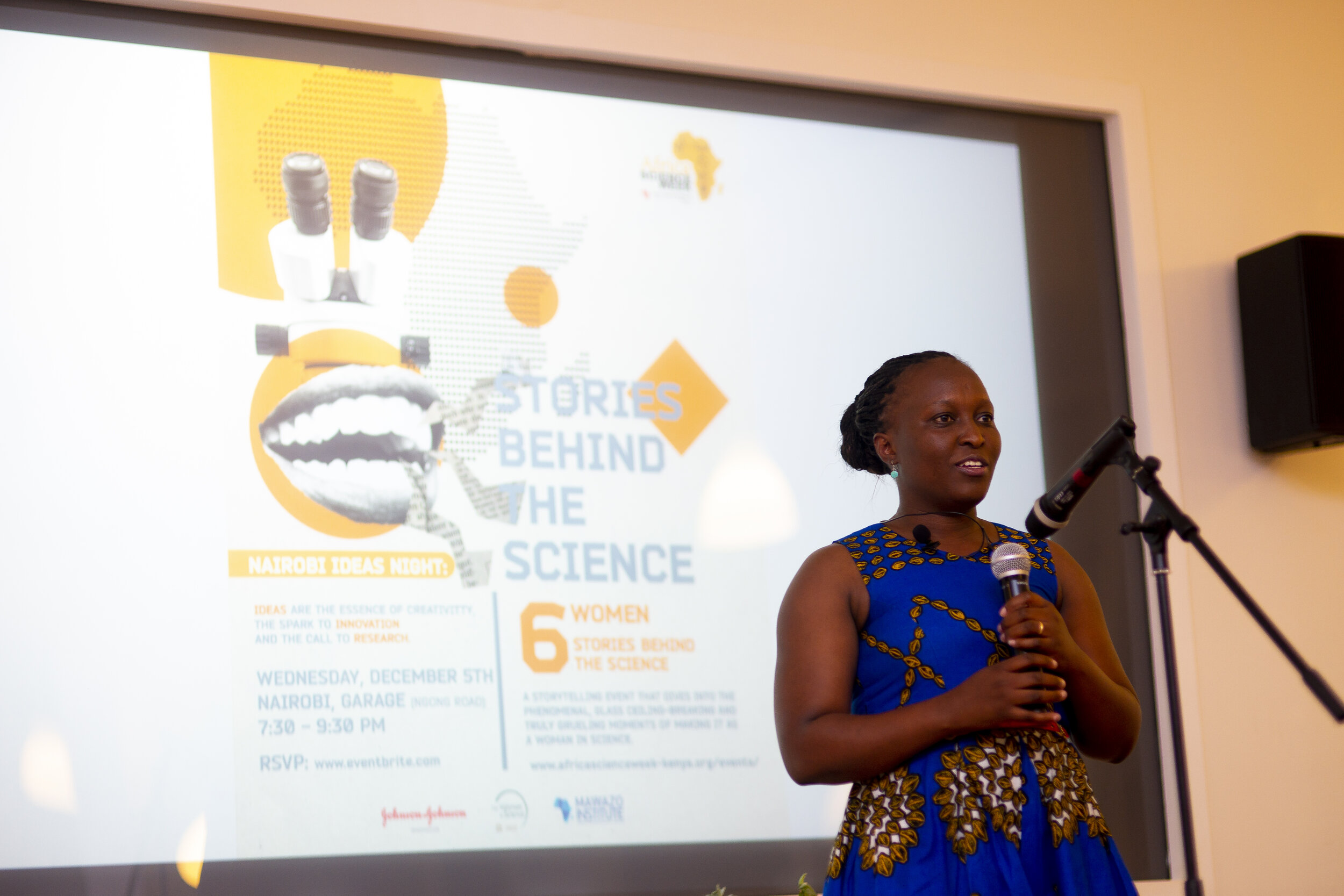
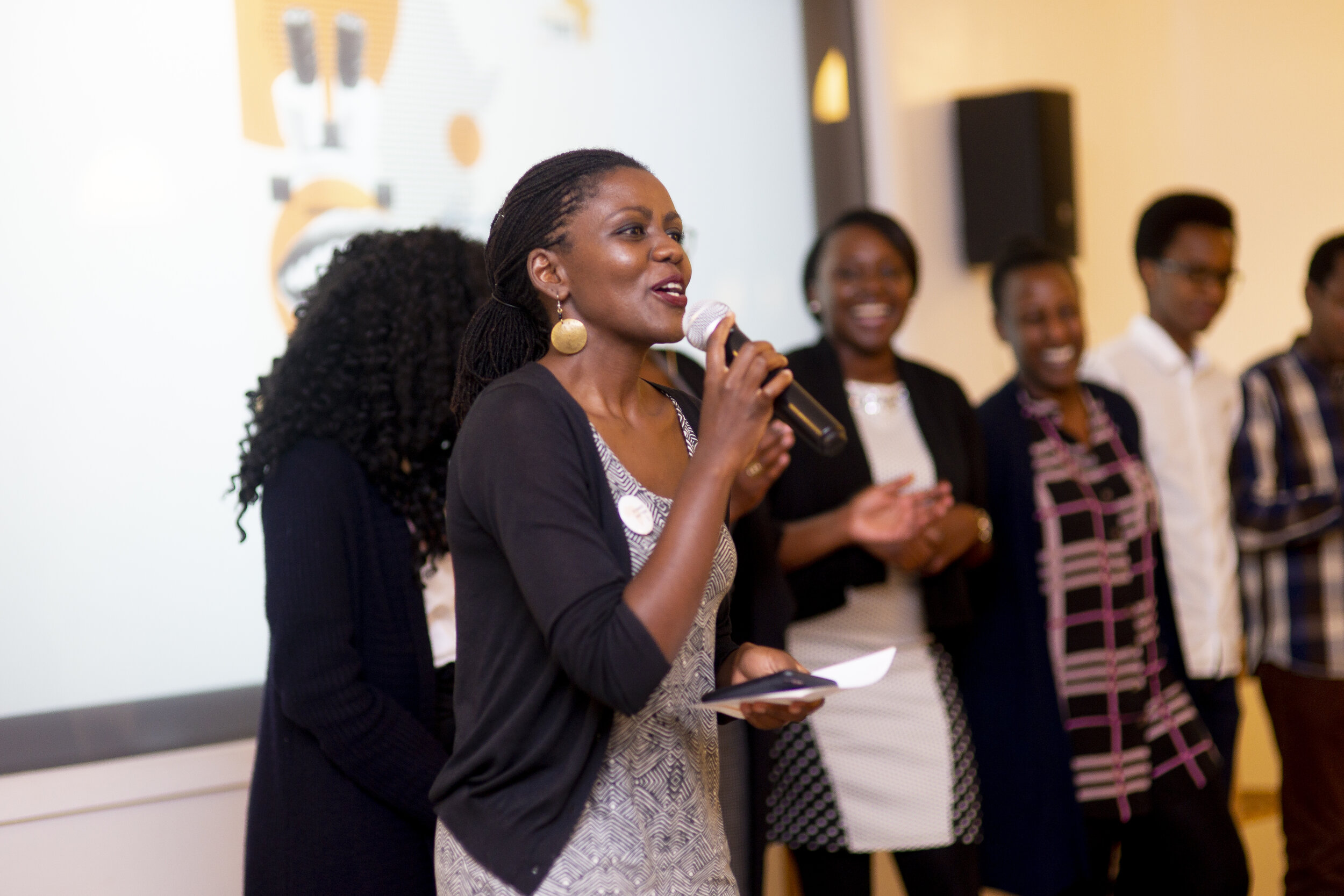
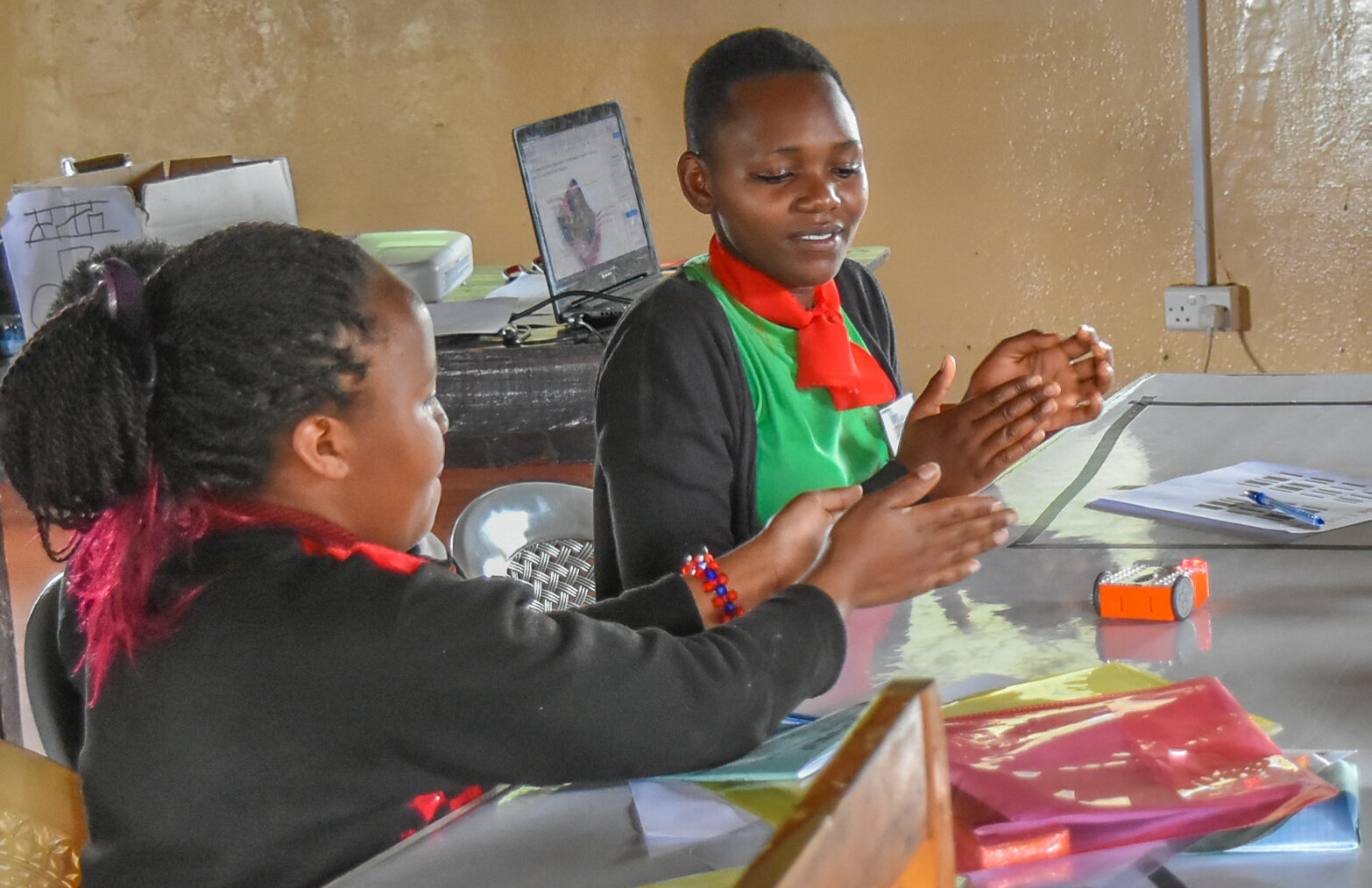
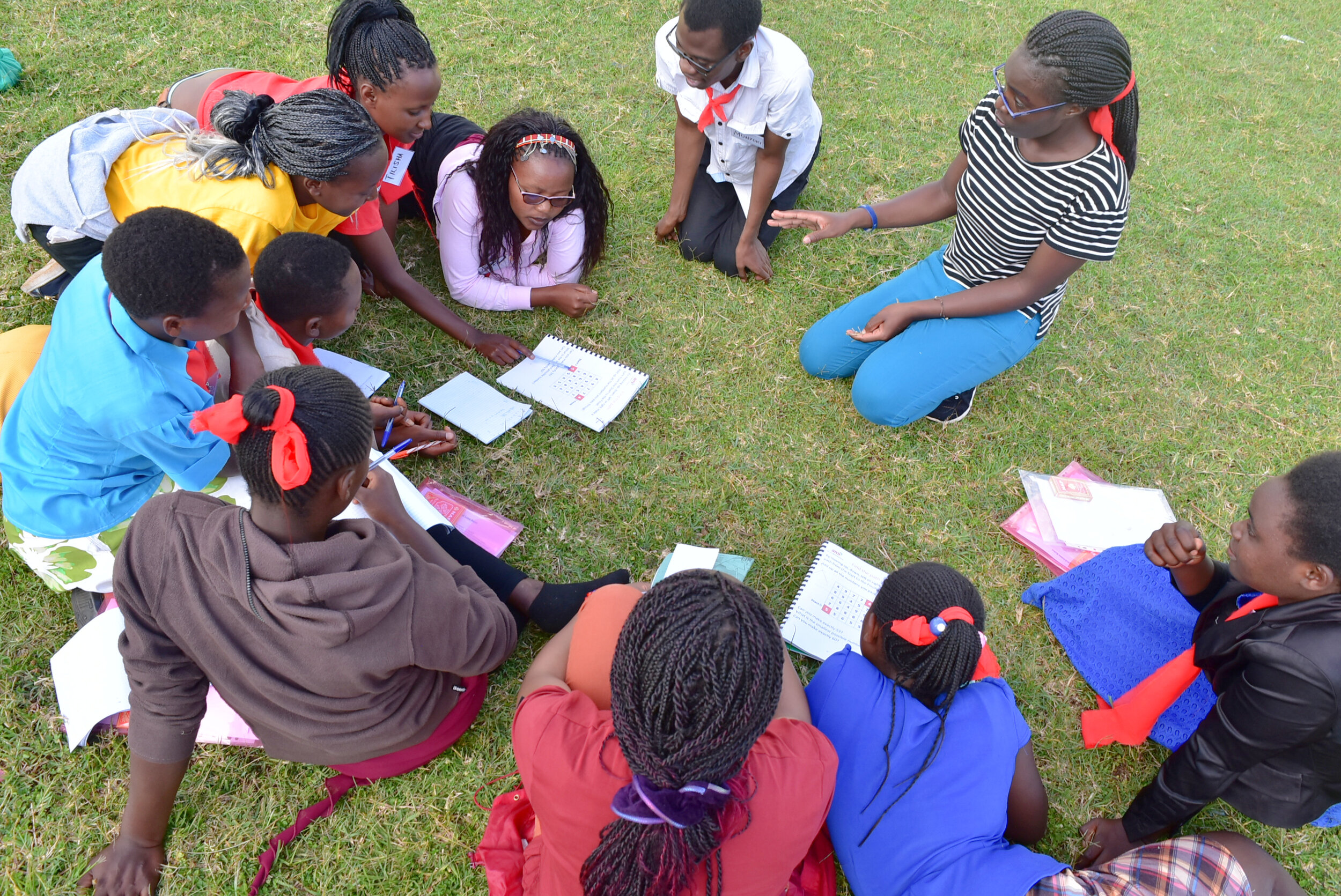
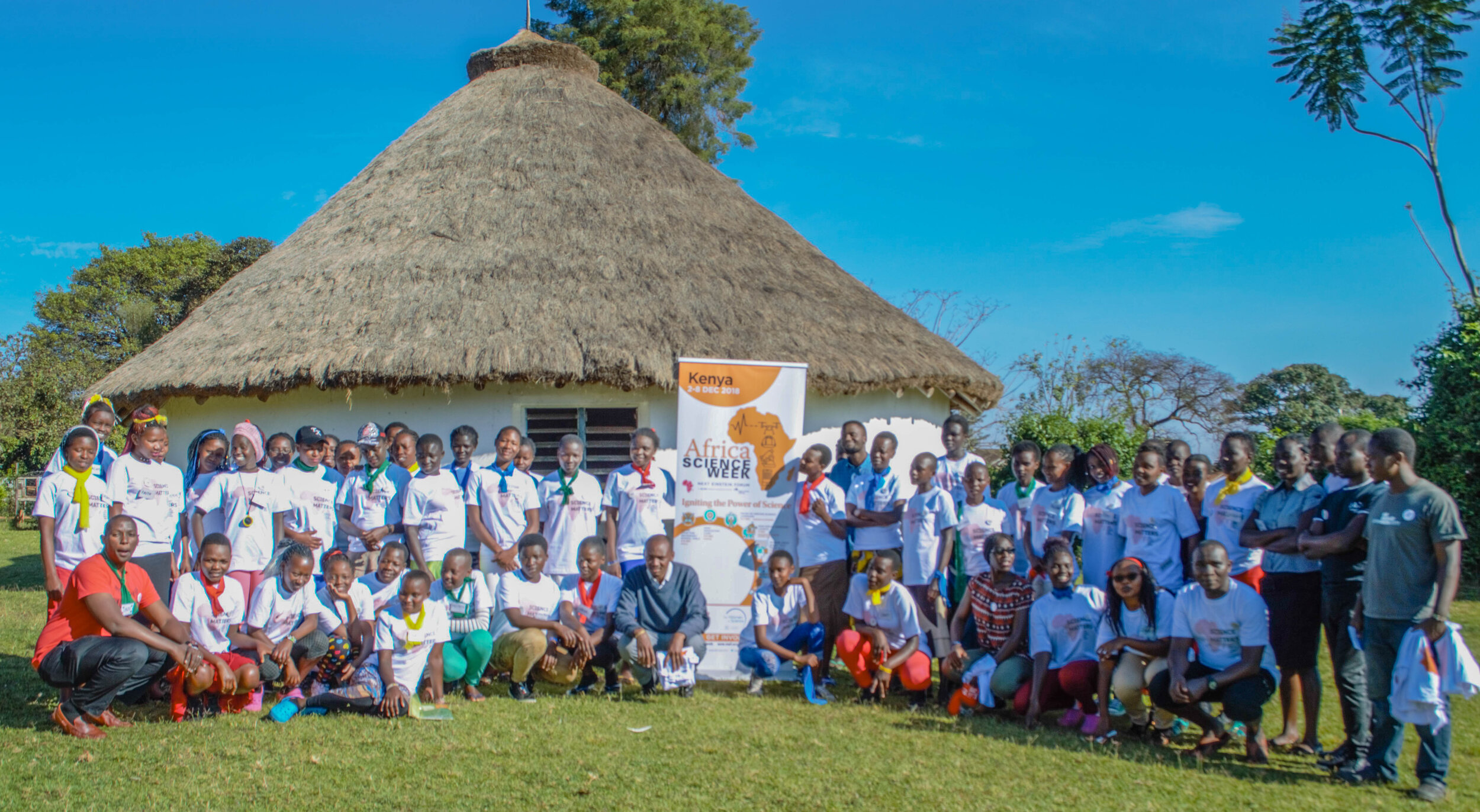
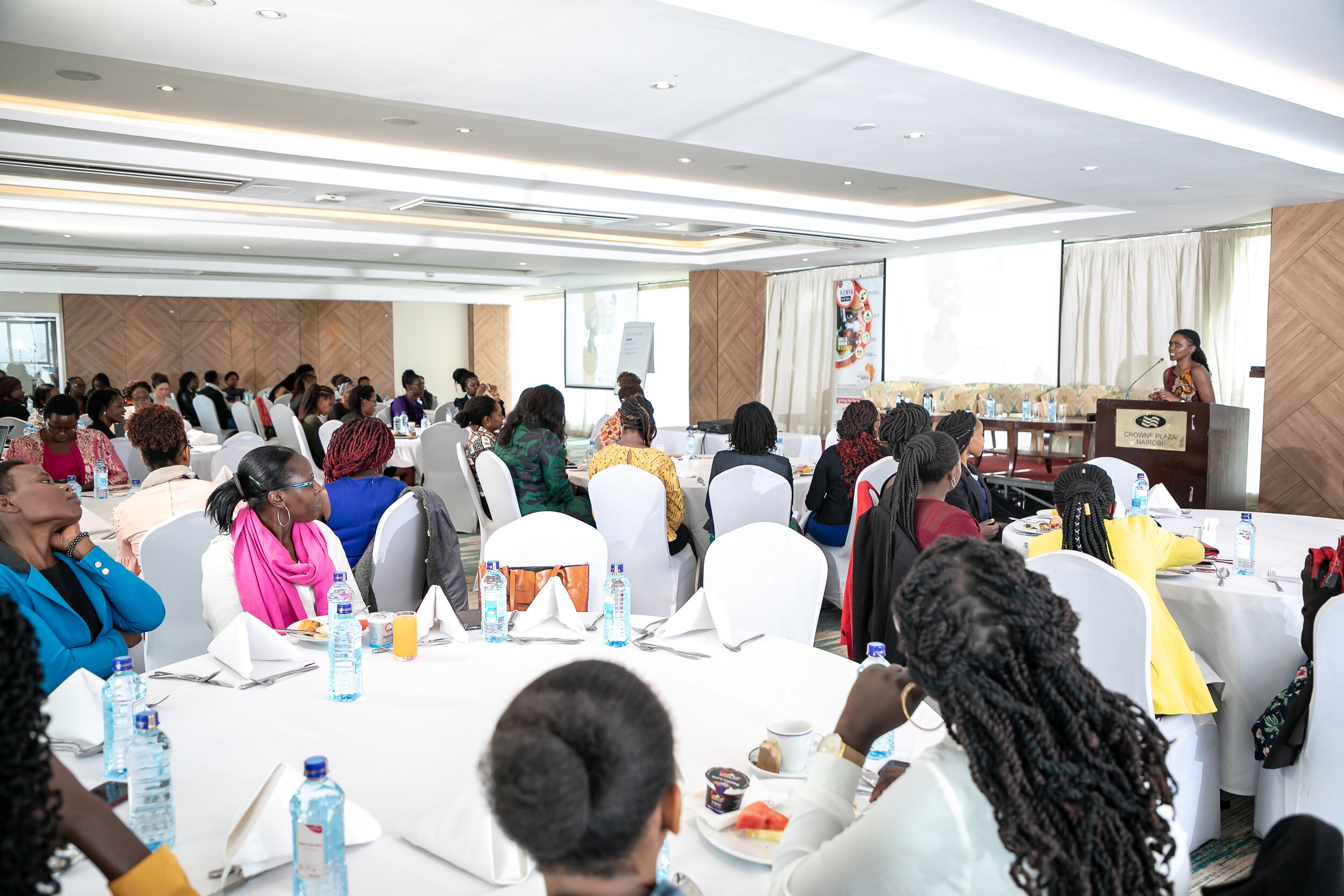
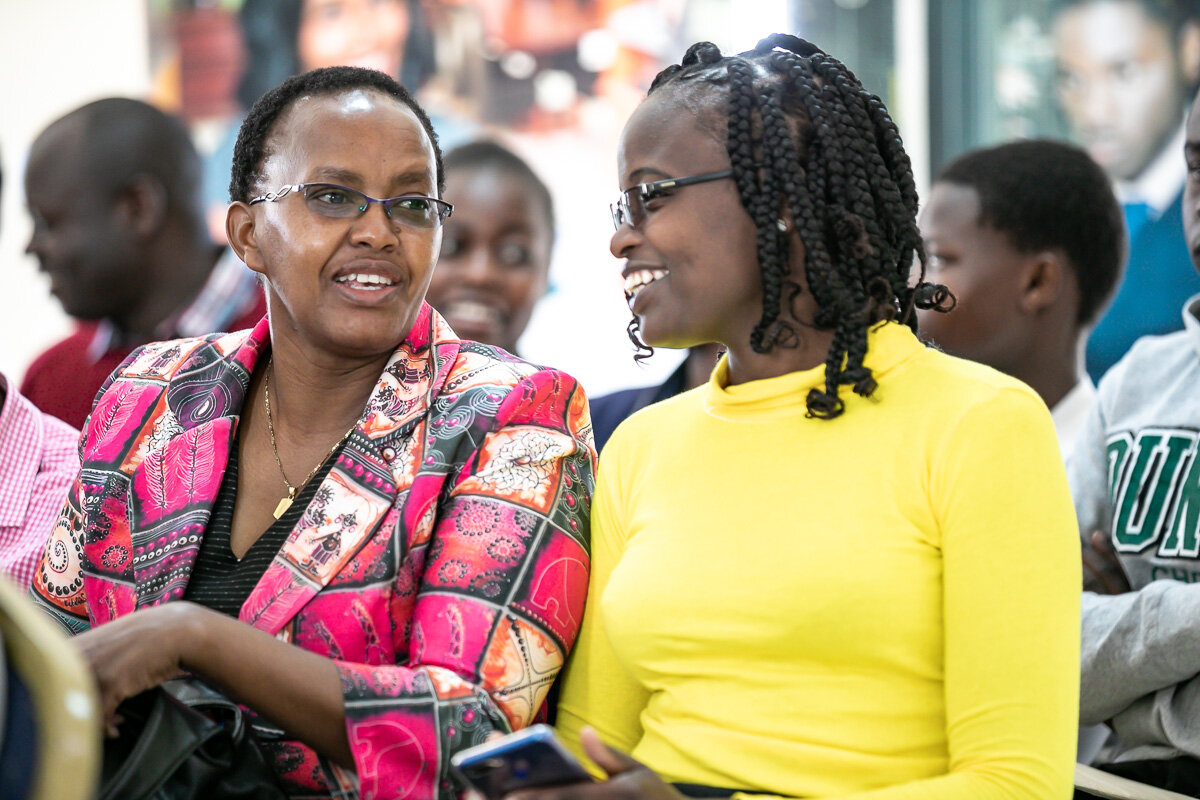
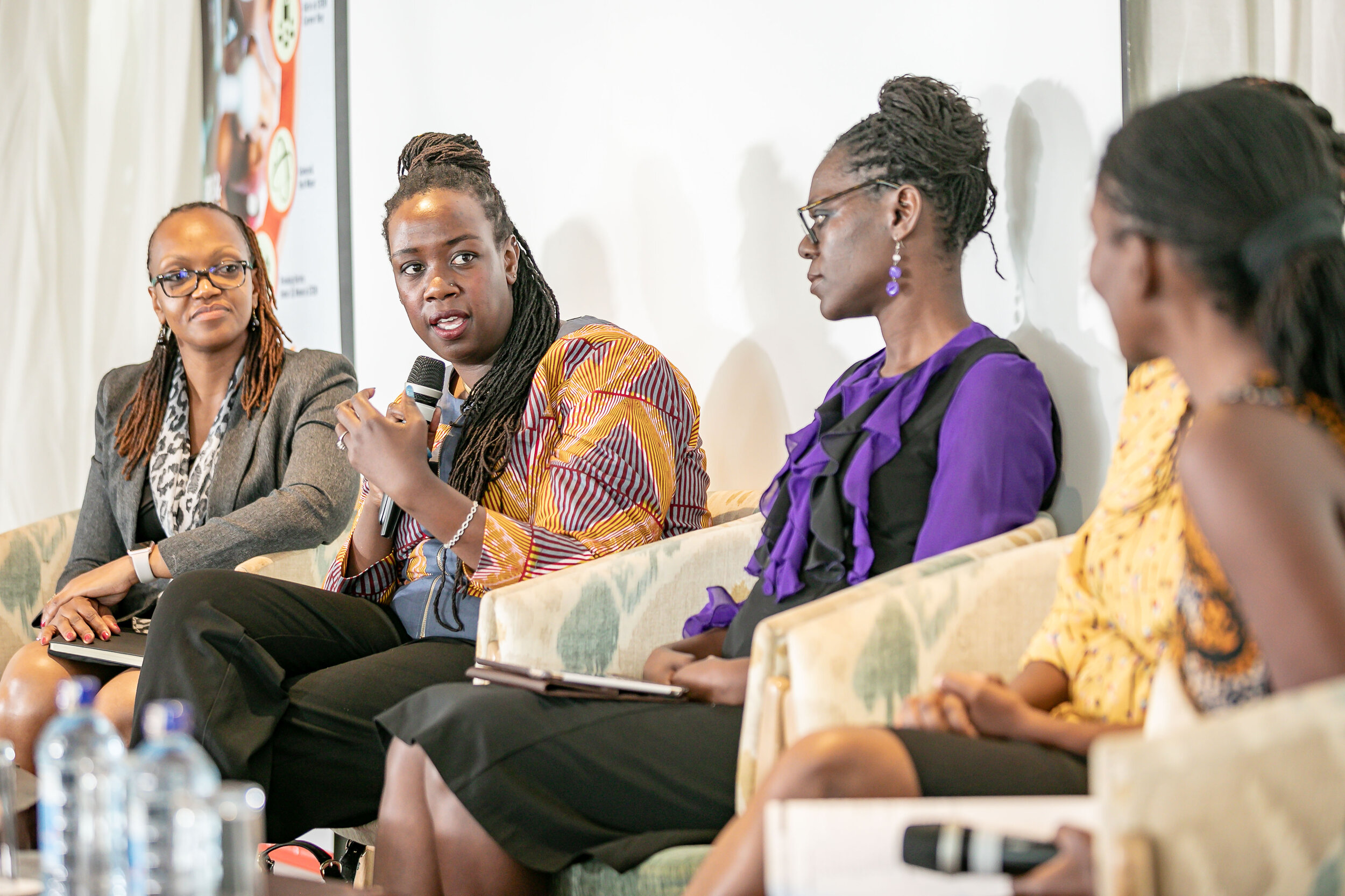
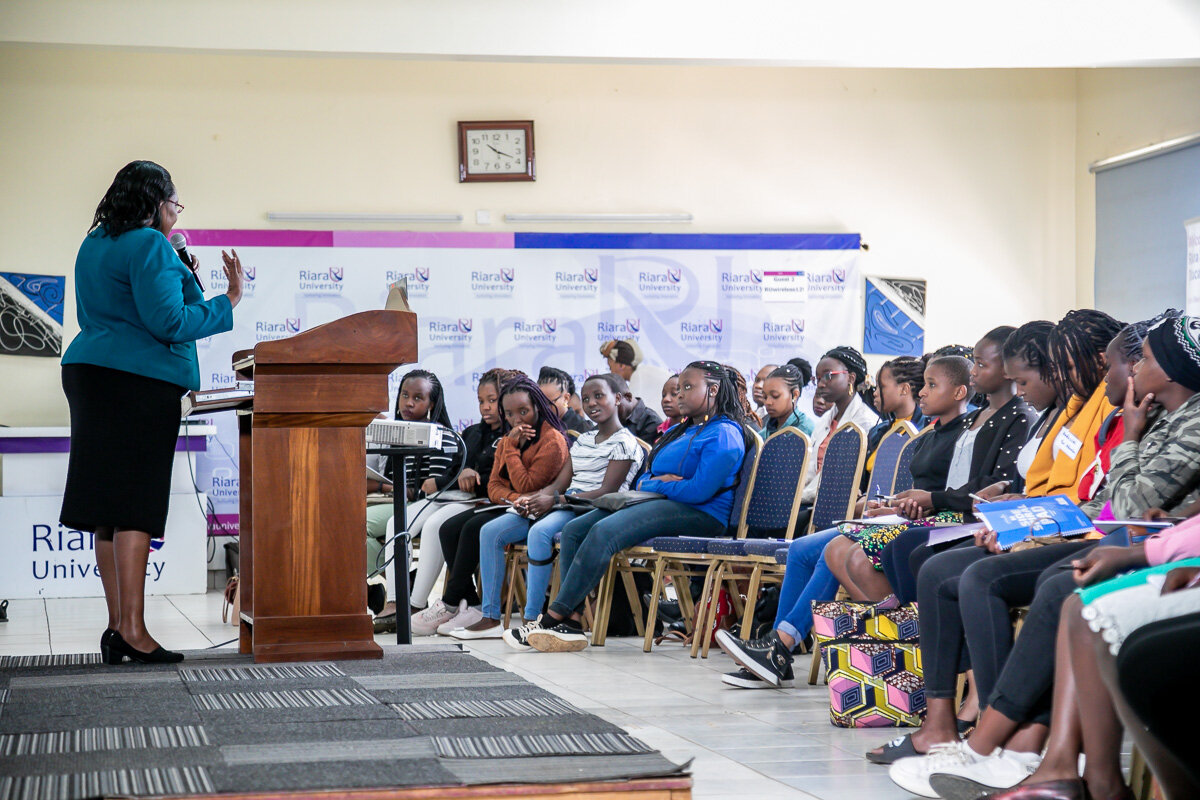
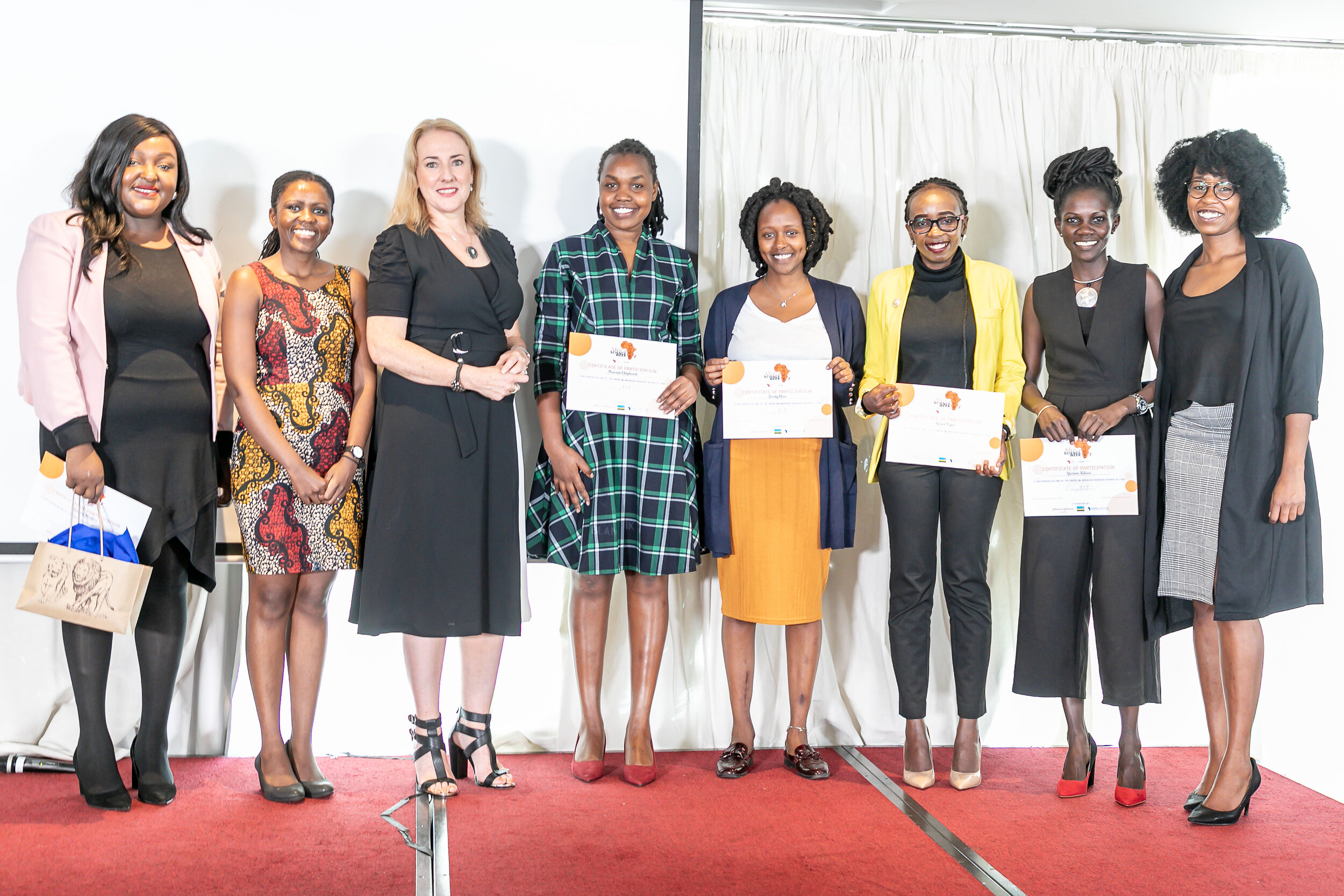
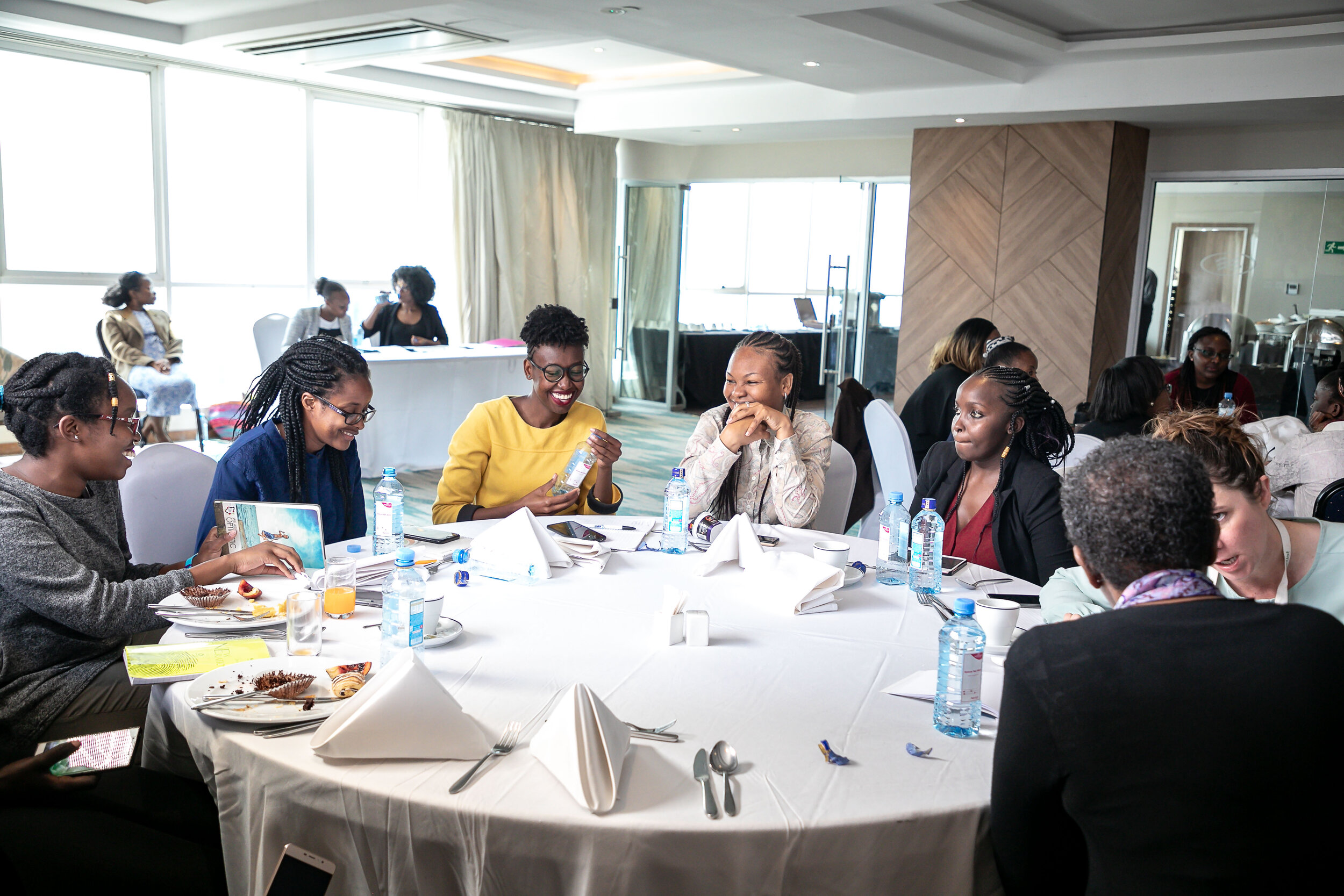
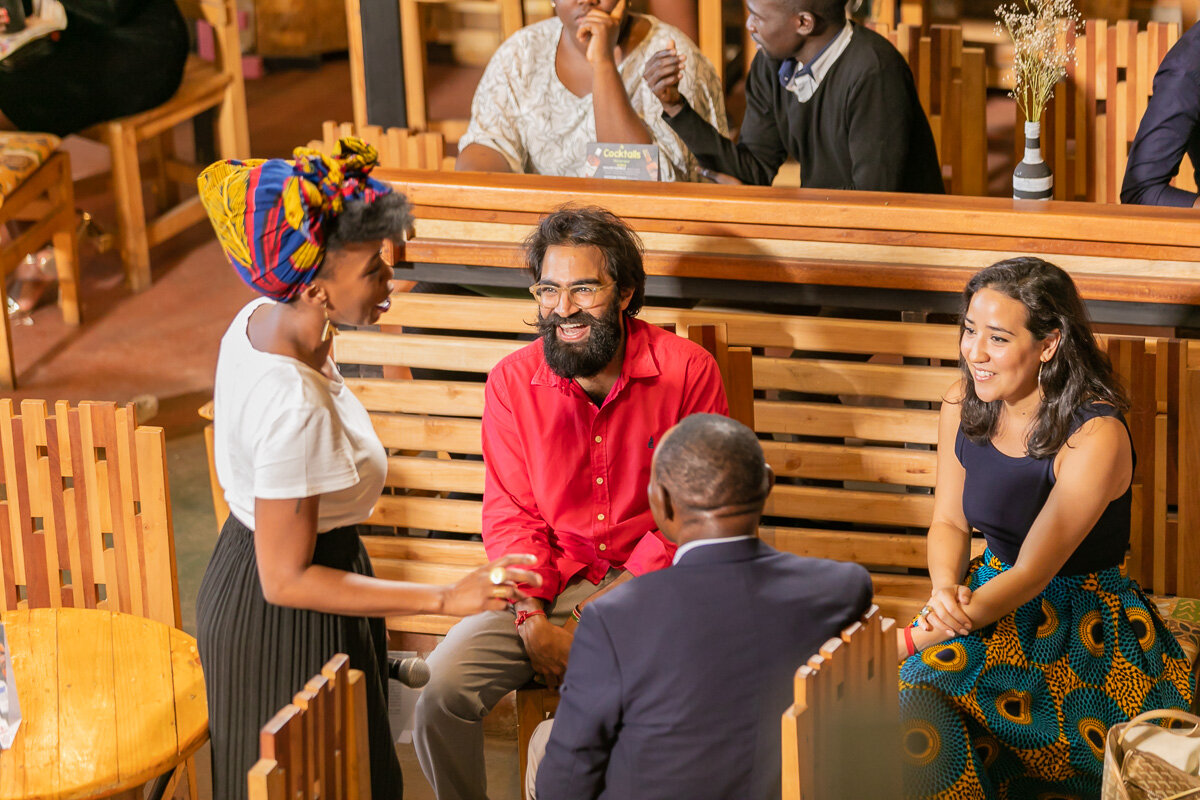
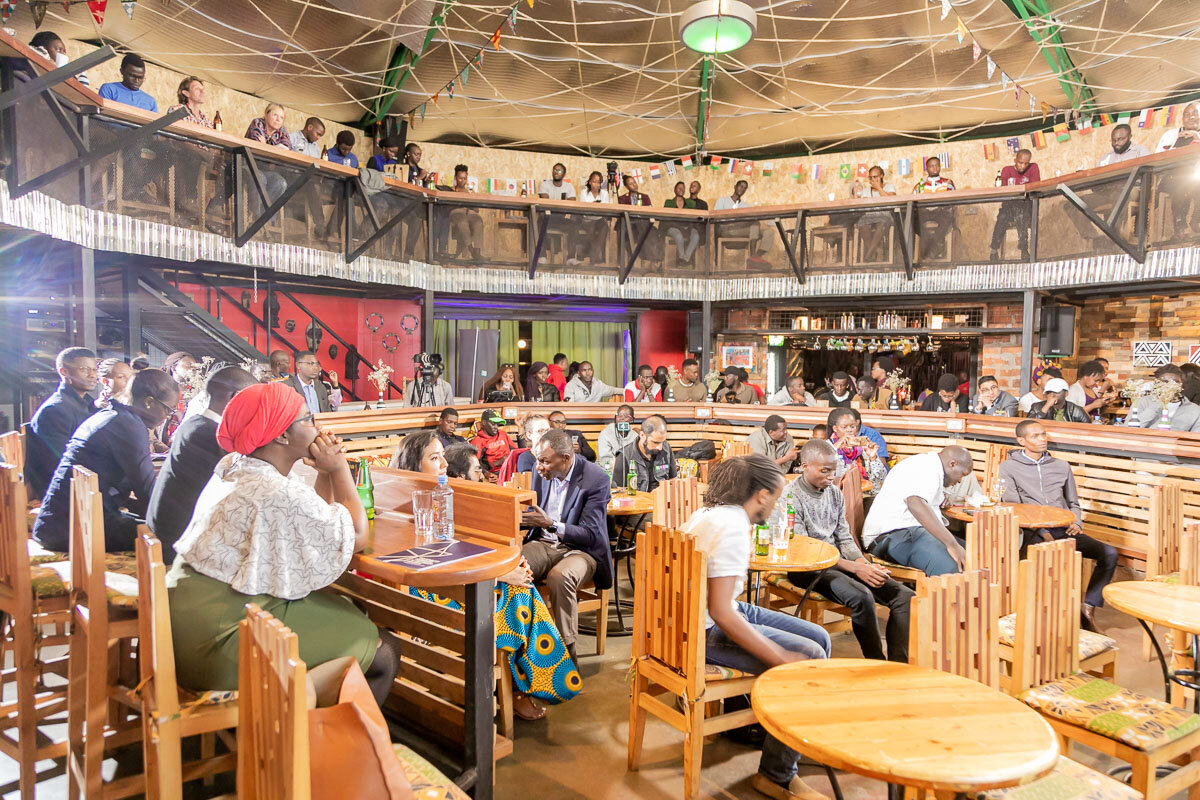
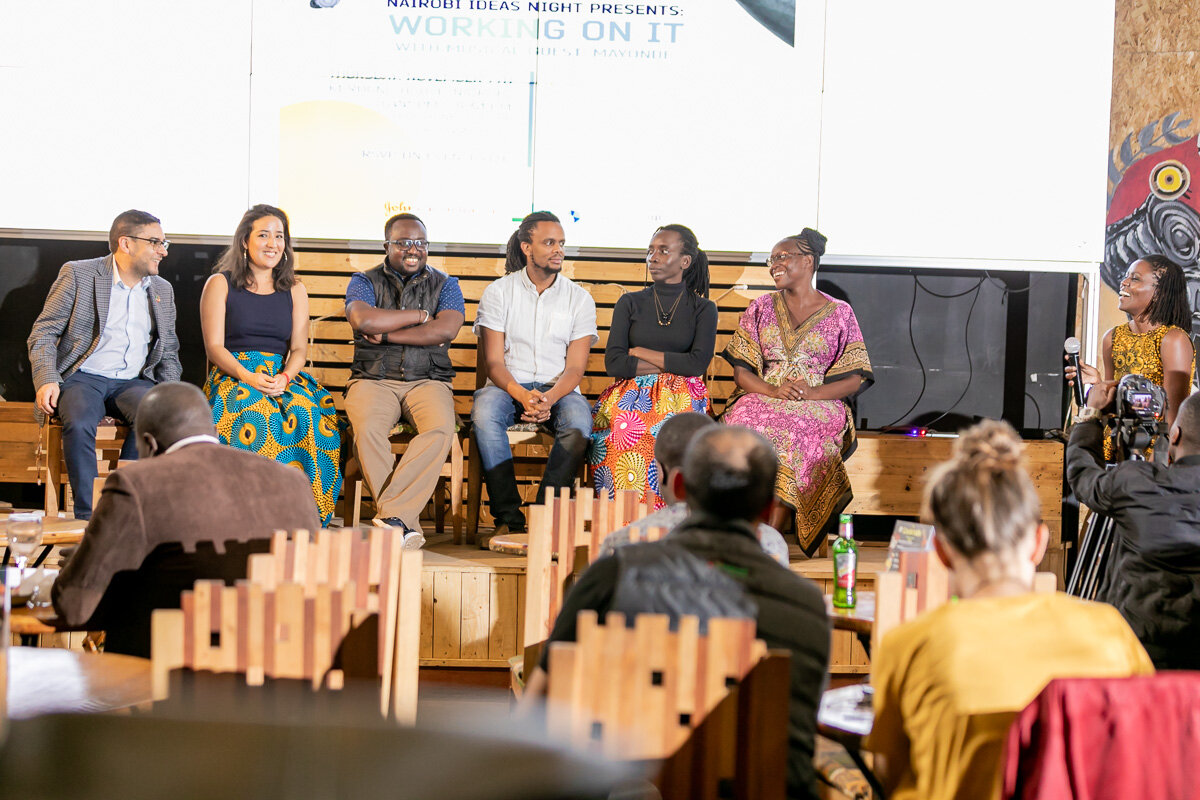
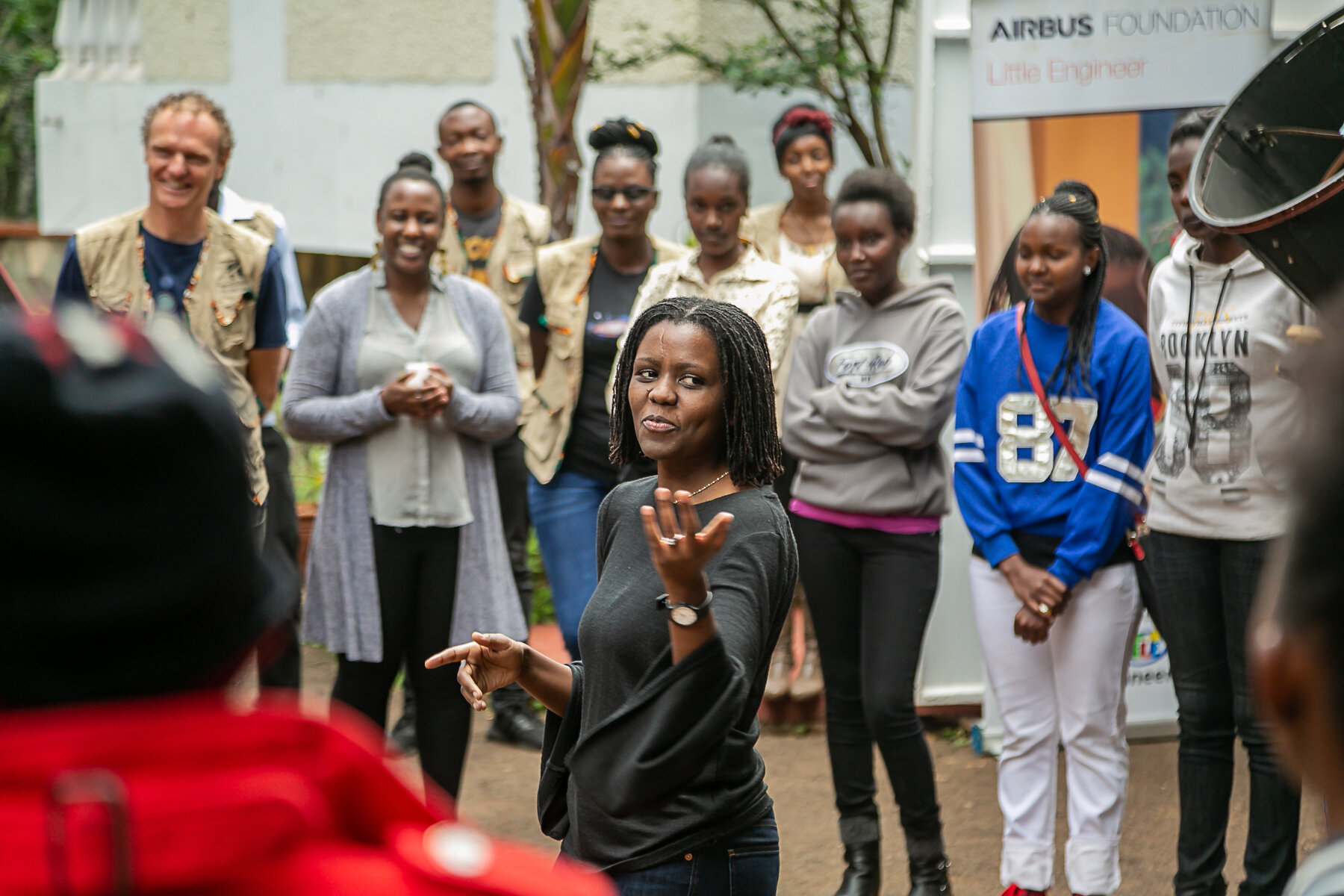
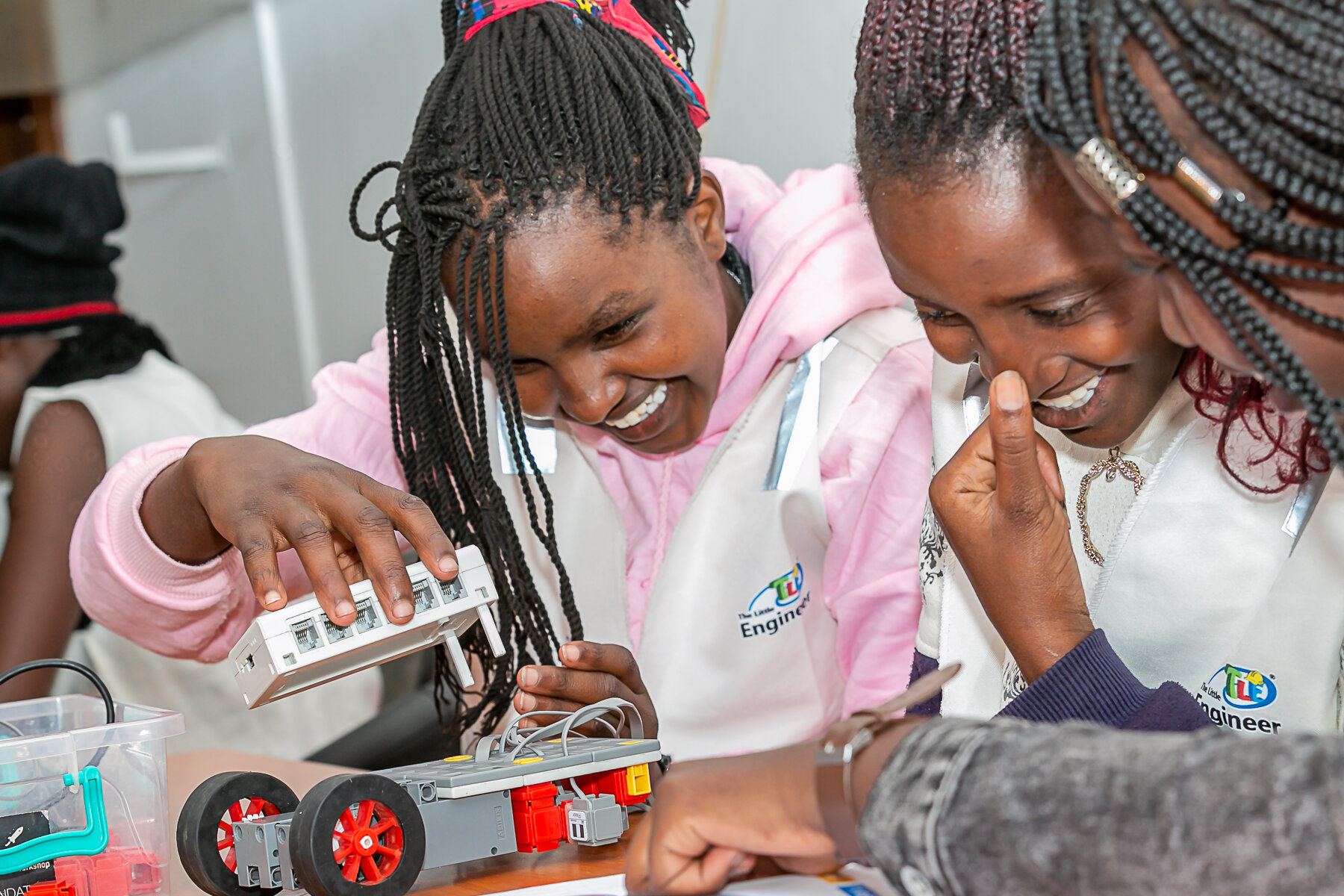
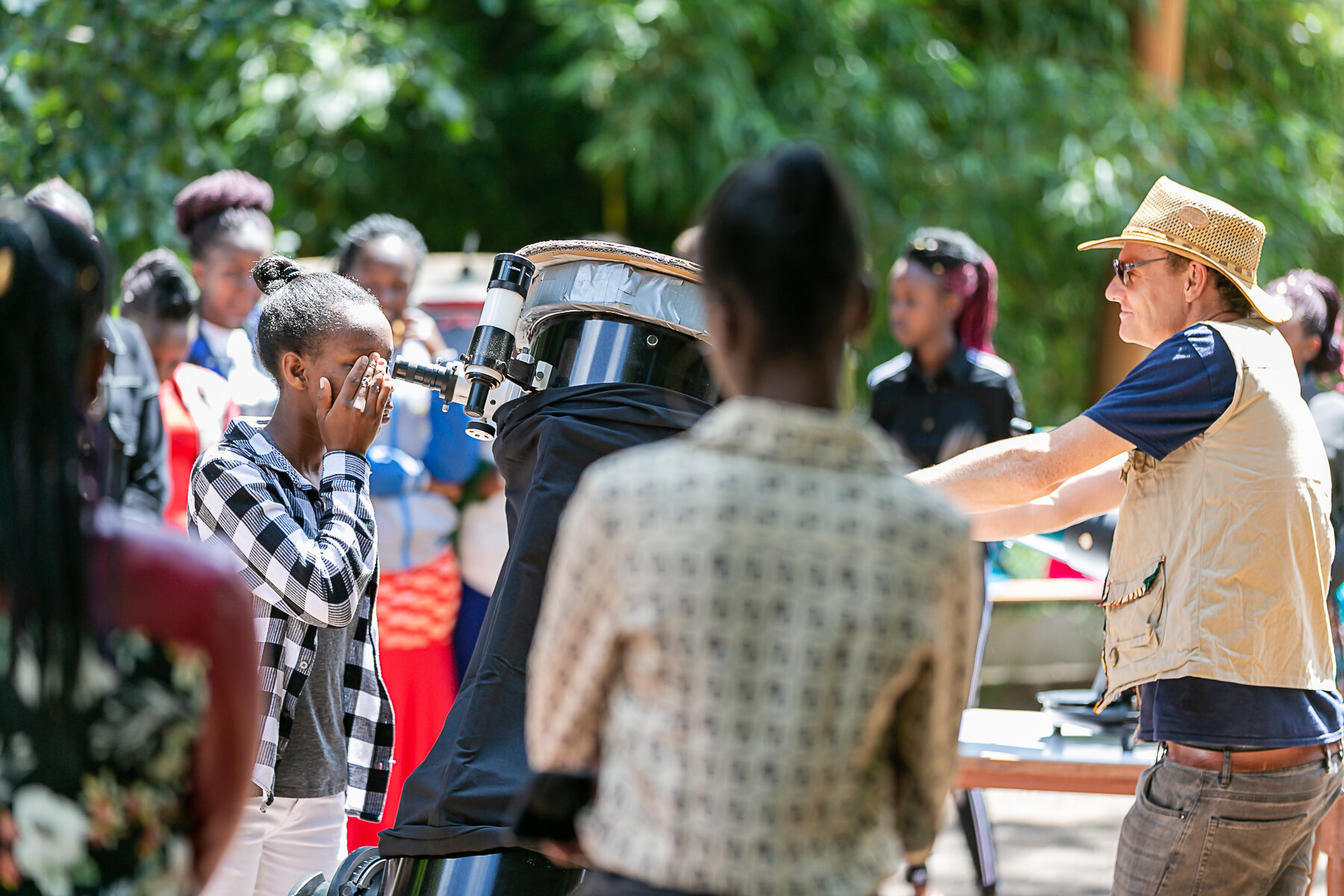
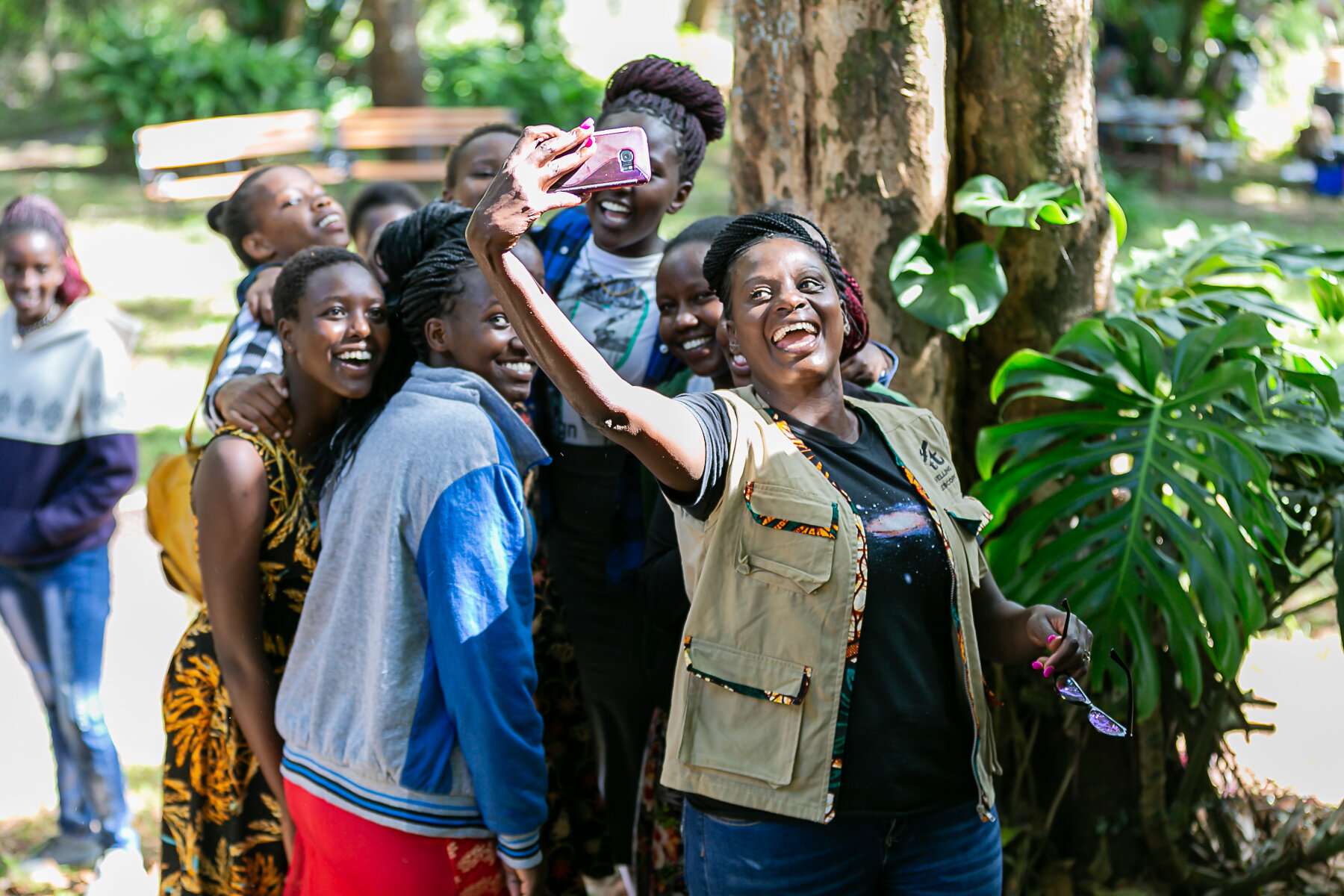
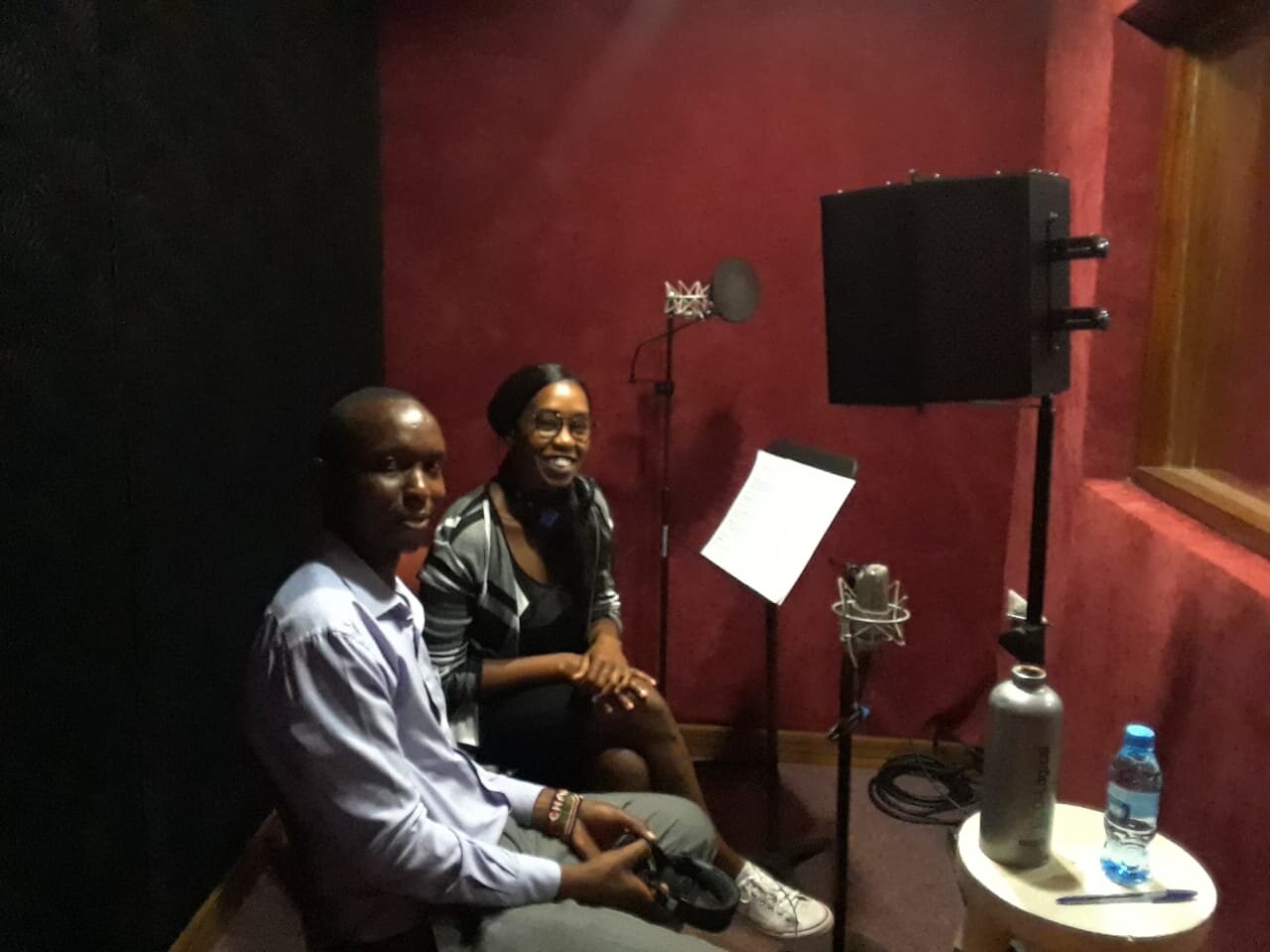
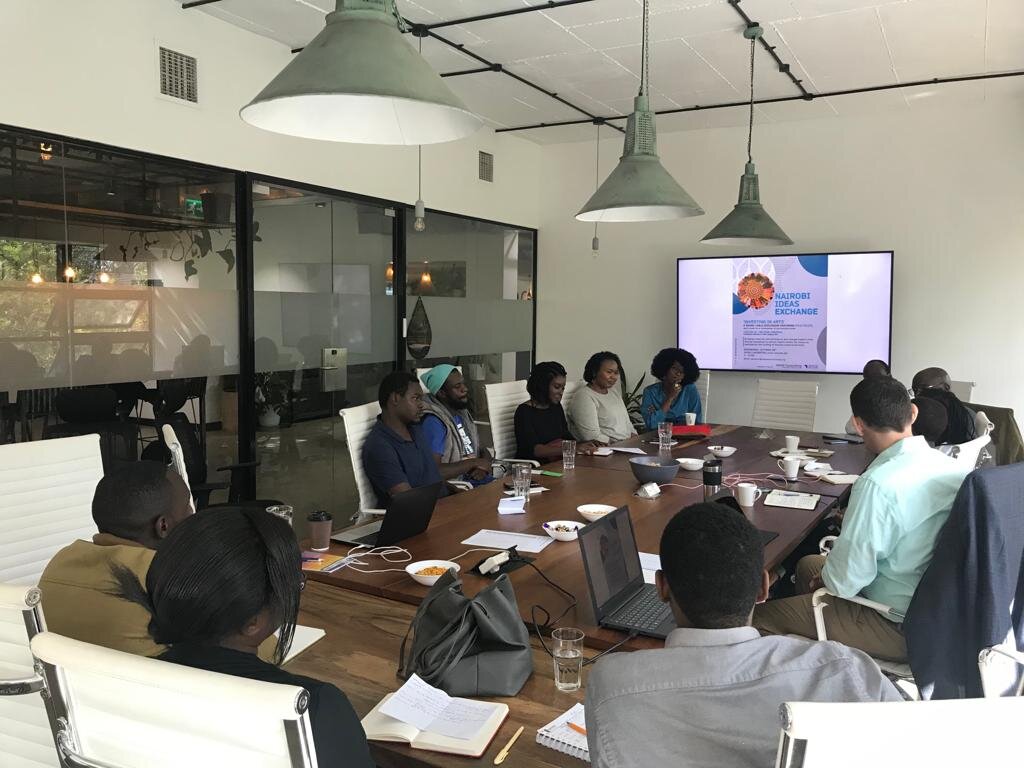
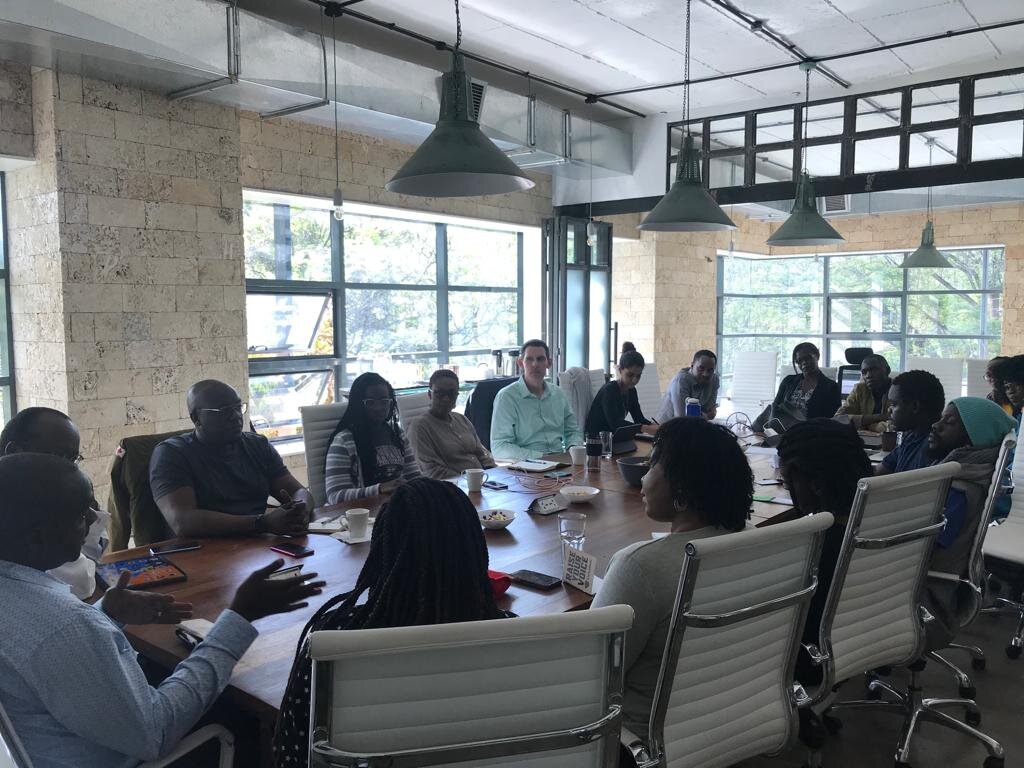
A sibling of the Nairobi Ideas Night events, we also run a discussion series known as the Nairobi Ideas Exchange, which gathers practitioners and stakeholders for a deep-dive into issues in their unique fields of practice. Our first Nairobi Ideas Exchange was held in January 2018, bringing together informal science practitioners from across Kenya for a workshop where they could develop tools to augment their public engagement activities. Our second Nairobi Ideas Exchange event was held in October 2019, and featured a small group roundtable with creatives, entrepreneurs and other stakeholders. The discussion revolved around opportunities for resource mobilization and the scaling of Kenya’s creative economy – a sector which Mawazo is linked to through its public engagement programming.
With the Nairobi Ideas Podcast, which launched in December 2018, Mawazo produces simplified, science-focused conversations that are accessible to the everyday non-academic. The podcast also marks a turning point for the continent as one of the only running, African-produced science podcasts currently on the market. With a growing global listenership, we are bringing African issues and expert voices to audiences all over the world. For instance, in 2018, we profiled several Kenyan scientists and innovators each with a unique approach to tackling development challenges. In 2019, through one-on-one interviews, we shared perspectives from Kenyans on the frontline of climate change, wildlife conservation, and the plastic waste debate. In 2020, Mawazo will build on these conversations, as we continue examining the continent’s response to a range of challenges including water scarcity, declining biodiversity, health and welfare, and others.
Our embrace of new media, however, goes beyond podcasting. With the understanding that audiences have different needs, in 2019, we launched the Nairobi Ideas Digest. The Digest, carefully curated by our team, offers readers narrative prose from the frontiers of research and science on the continent as it brings global issues closer to home. Since 2018, we have also published three e-books that celebrate different facets of Kenya’s rich scientific history and community. This includes the ‘2018 Faces of Kenyan Science’ and ‘Science Kibao’ books, as well as the ‘2019: Breaking Barriers: 30 and Under, Women in STEM’ book.
For many of the scientists and experts featured in our publications, events, and podcasts, the chance to connect to a larger public audience that is unfamiliar with their work, is an exhilarating and rare opportunity. In addition to these platforms, we also offer valuable hands-on training in science communication, shaping them into public-facing scholars. Research has shown that participating in public engagement activities is linked to a sense of identity and empowerment among scientists. This means that opportunities and platforms for science engagement such as ours are important for improving the performance, competence, and recognition of researchers and experts. In turn, scientists who feel appreciated and recognised, as in any other profession, are also more likely to persist in their science careers, which helps make the scientific community more diverse, vibrant, and collaborative.
As we reflect on the past two years of our successful experiment with public engagement, we would like to acknowledge the partners and funders who have made our work possible. These include the Next Einstein Forum, the Fondation L'Oréal , the Hewlett Foundation, Johnson & Johnson Innovation, the African Maths Initiative, Global Minimum, the National Commision for Science, Technology and Innovation, Young Scientists Kenya, MNM Consulting, and more. Looking forward, as Mawazo continues to create platforms that both engage with the public and uplift the voices of local experts, we will do so in experimental and often uncharted ways that can reach as many people as possible.
Stay tuned to find out about our next event by visiting the Events Calendar. To learn more about the Nairobi Ideas Events, visit our page here.

